Explore Trusted Medical Devices for Everyday Health
From pulse oximeters to ventilators and alert systems—find reliable medical devices that support care at home and in clinics across Australia.
Summary
Medical devices are essential tools in both personal and professional healthcare. In homes, hospitals, and aged care settings, they support early diagnosis, treatment, safety, and long-term health management. Whether it's a blood pressure machine for daily monitoring or a medical ventilator for life-saving support, these tools empower individuals and caregivers alike.
This guide provides an in-depth look at the most in-demand devices, their uses, regulatory information, and practical buying advice. From basic monitors to advanced emergency response systems, understanding how each device functions can significantly improve care outcomes and support independent living.
What Are Medical Devices?
Medical devices refer to instruments, machines, implants, or software used to diagnose, prevent, monitor, or treat health conditions. Unlike medications, they work through mechanical or physical action. They range from basic thermometers to complex respiratory machines and surgical tools.
In Australia, medical devices must be approved by the Therapeutic Goods Administration (TGA), ensuring they meet rigorous safety and performance standards. Whether used in aged care, hospital, or domestic settings, they play a crucial role in safe and effective healthcare delivery.
Types of Commonly Used Medical Devices
A broad range of devices supports different healthcare needs. Below are the key categories widely used across homes, clinics, and aged care facilities:
-
Monitoring Devices
- Pulse Oximeters
These clip-on devices measure blood oxygen levels and pulse rate. They are essential in managing respiratory illnesses such as asthma, pneumonia, or chronic obstructive pulmonary disease (COPD). - Blood Pressure Machines
These automated devices help monitor hypertension, aiding individuals in managing cardiovascular conditions and reducing the risk of complications.
- Pulse Oximeters
-
Respiratory and Airway Equipment
- Medical Ventilators
These are critical in supporting patients who cannot breathe independently due to severe respiratory illnesses or during post-operative recovery. They are used in hospitals and, increasingly, in home care settings. - Nebuliser Machines
Nebulisers convert liquid medications into mist for direct inhalation, commonly used in treating asthma, bronchitis, and other lung conditions.
- Medical Ventilators
-
Emergency and Alert Devices
- Medical Alarm Devices
These are designed to summon help in case of an emergency. They typically include push-button alerts that notify carers or emergency responders immediately. - Medical Alert Devices
Equipped with GPS, fall detection, and automatic call features, these devices are especially useful for seniors, people with epilepsy, or those at risk of medical emergencies.
- Medical Alarm Devices
-
Assistive Mobility Devices
- Mobility Scooters
Though often categorised under assistive technology, scooters provide crucial support for people who need help moving about due to age or disability. They promote safety, independence, and freedom of movement in daily life.
- Mobility Scooters
Medical Devices for Aged Care and Home Use
Many Australians prefer to age in place. For them, medical devices play an essential role in maintaining health, safety, and confidence at home.
Some of the most commonly used aged care devices include:
- Pulse oximeters for monitoring oxygen saturation
- Medical alert systems for instant emergency assistance
- Nebulisers for managing chronic respiratory conditions
- Mobility scooters for safer and more active lifestyles
These devices help users maintain autonomy, reduce falls, and minimise the need for hospital visits.
Understanding the Regulatory Landscape
In Australia, all medical devices must be registered on the Australian Register of Therapeutic Goods (ARTG), managed by the TGA. This system ensures all products meet Australian safety and efficacy requirements.
Devices are grouped by risk category:
- Class I (low risk): e.g., bandages, thermometers
- Class IIa/IIb (moderate risk): e.g., CPAP machines, infusion pumps
- Class III (high risk): e.g., pacemakers, ventilators
Checking a device’s registration on the TGA website helps confirm its compliance.
Medical Devices and NDIS Funding
The National Disability Insurance Scheme (NDIS) can fund medical devices that support a person’s functional capacity and safety. Devices may be funded under categories such as:
- Assistive technology
- Core supports for health and safety
- Capital supports for equipment purchase
Devices eligible for NDIS funding include:
- Medical alert systems
- Respiratory support equipment
- Digital monitors (e.g., blood pressure, oxygen saturation)
- Communication aids
All equipment must be value-for-money and directly support the participant’s disability-related needs. Always consult an NDIS planner or registered provider to ensure alignment with your plan.
Featured Products
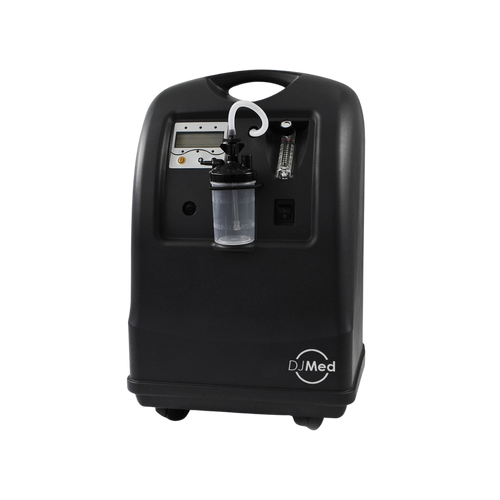
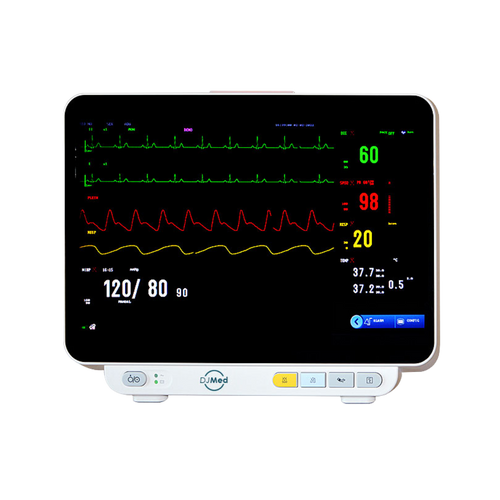
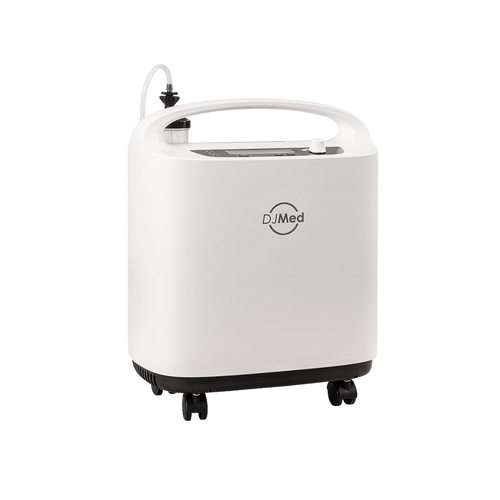
Who Uses Medical Devices and Why?
Medical devices serve diverse users, from health professionals to private individuals:
- Home Users
Individuals managing chronic illnesses, recovering from surgery, or monitoring vital signs regularly benefit from having accessible equipment at home. - Healthcare Professionals
Clinicians, GPs, physiotherapists, and emergency medical responders rely on certified devices for accurate readings and patient safety. - Aged Care Facilities
Staff use a wide variety of devices for fall detection, mobility assistance, and continuous health monitoring. - NDIS Participants
Devices funded through the National Disability Insurance Scheme allow participants to improve their quality of life and participate more fully in their communities. - Carers and Families
Parents, partners, and professional carers use these tools to provide consistent care and improve safety for loved ones.
These devices are integral to health and wellness strategies across the care spectrum, ensuring better health outcomes and reduced reliance on acute healthcare services.
How to Choose the Right Medical Device
Selecting the appropriate device depends on individual needs, the condition being treated, and the intended environment. Consider the following:
1. Intended Use
Clarify whether the device is for general health monitoring, chronic disease management, or emergency support. This will influence the complexity and type required.
2. User Experience
Look for devices with easy-to-read displays, simple controls, and straightforward instructions. For elderly users, voice prompts and one-button operations are helpful.
3. Accuracy and Quality
Ensure the device has been clinically validated and has clear calibration guidelines. Choose products from reputable manufacturers and check for reviews or endorsements.
4. Compatibility and Data Sharing
Devices with Bluetooth or app connectivity can sync with health tracking apps, making it easier to monitor trends and share data with healthcare providers.
5. Portability and Battery Life
Lightweight, portable devices with long battery life are ideal for mobile users or those who travel frequently.
6. Supplier Support
Ensure the supplier provides warranties, instructional material, and local customer support. This makes long-term use more reliable and stress-free.
Addressing Common Medical Device Questions
Here are some answers to frequently asked questions about medical devices in Australia:
- How much do medical alert devices cost?
Prices range from AUD 100 to over AUD 600 depending on functionality, subscription type, and GPS or fall detection features. - Who regulates medical devices in Australia?
The Therapeutic Goods Administration (TGA) is responsible for regulating all medical devices to ensure safety and quality. - What is market access in medical devices?
Market access includes regulatory approval, reimbursement eligibility, and distribution pathways for new products in Australia. - What is post-market surveillance?This is the ongoing monitoring of a device’s performance and safety once it’s in use. It includes manufacturer responsibilities, recall processes, and incident reporting.
- Can medical devices be used at home?
Yes. Many are specifically designed for home use, especially for managing chronic conditions or enhancing elderly care.
Conclusion
Medical devices are an essential part of quality healthcare across clinical, aged care, and domestic environments. From monitoring equipment like blood pressure machines to emergency systems like medical alerts and ventilators, these tools improve safety, support independence, and enhance everyday wellbeing.
Understanding device categories, regulatory standards, and purchasing considerations helps individuals and carers choose with confidence. Always ensure products are TGA-approved, supported by warranty, and appropriate to your health goals.
Whether managing a chronic condition, supporting an ageing family member, or preparing for recovery at home, the right medical device makes all the difference.
Enhance your care routine with professionally approved medical devices built for safety, convenience, and performance.
Explore our full range of home-use and clinical-grade medical equipment.
📞 Call 1300 615 193 or order online at our website.
Medical devices support everyday health, safety, and clinical care across homes, aged care facilities, and medical environments. This collection features trusted, TGA-approved medical devices designed for monitoring, respiratory support, emergency response, and long-term health management. From simple daily monitoring to advanced care equipment, these medical devices help improve outcomes, independence, and peace of mind for users and carers across Australia.
Items included in this collection:
- Health monitoring devices such as blood pressure monitors and pulse oximeters
- Respiratory medical devices including oxygen concentrators and nebulisers
- Patient monitoring and clinical support equipment
- Home and aged care medical devices for daily health management
- Portable and easy-to-use devices suitable for home or facility use
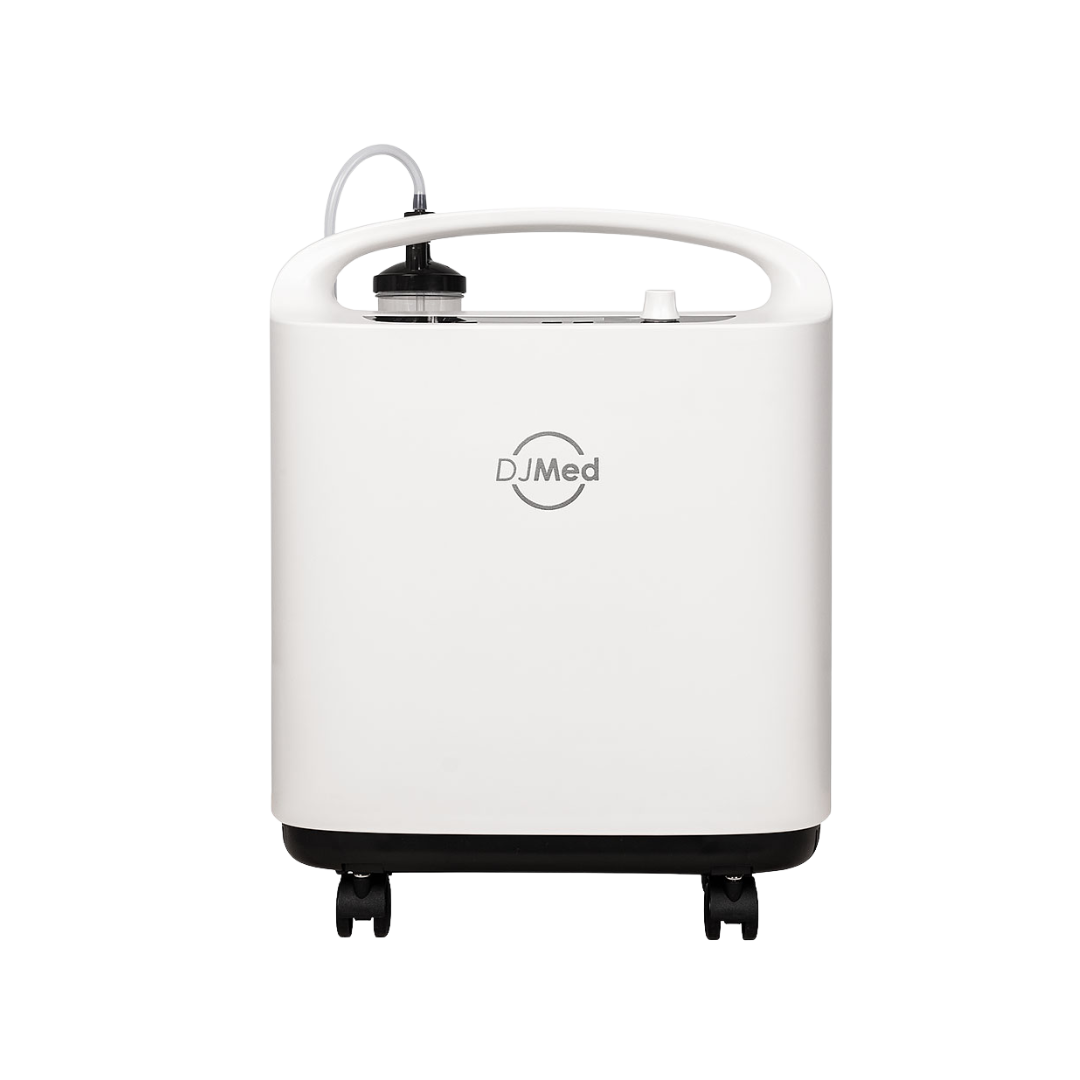
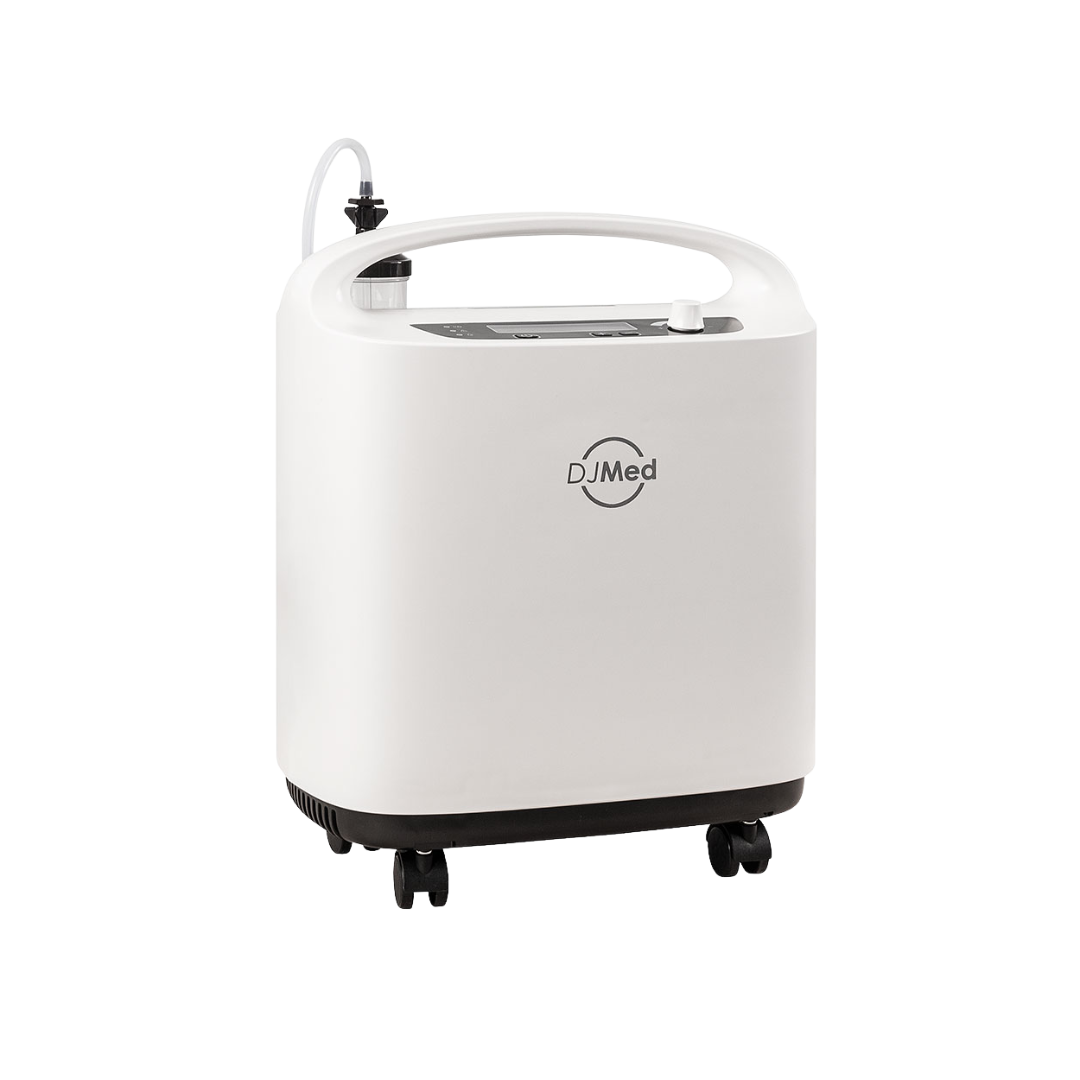
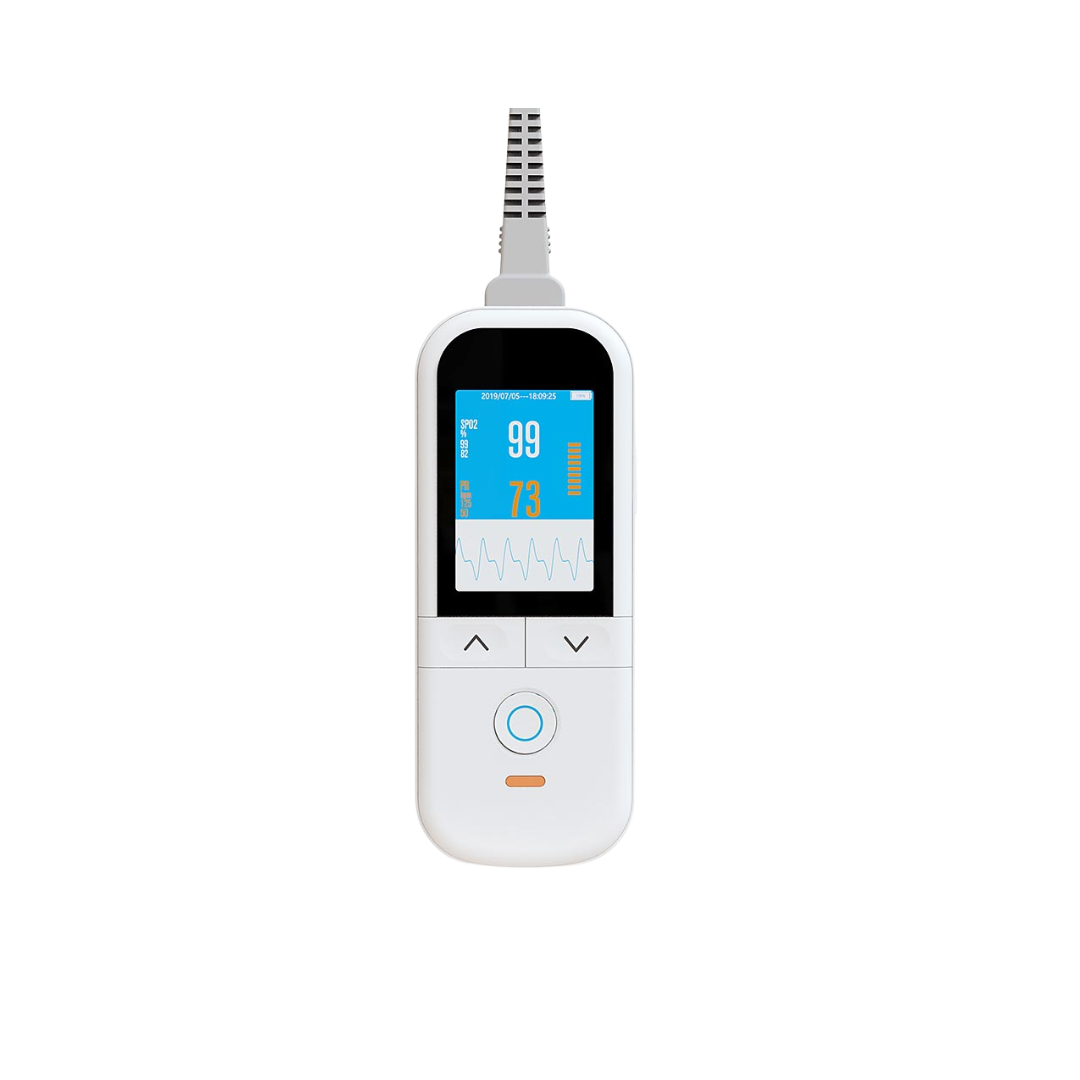
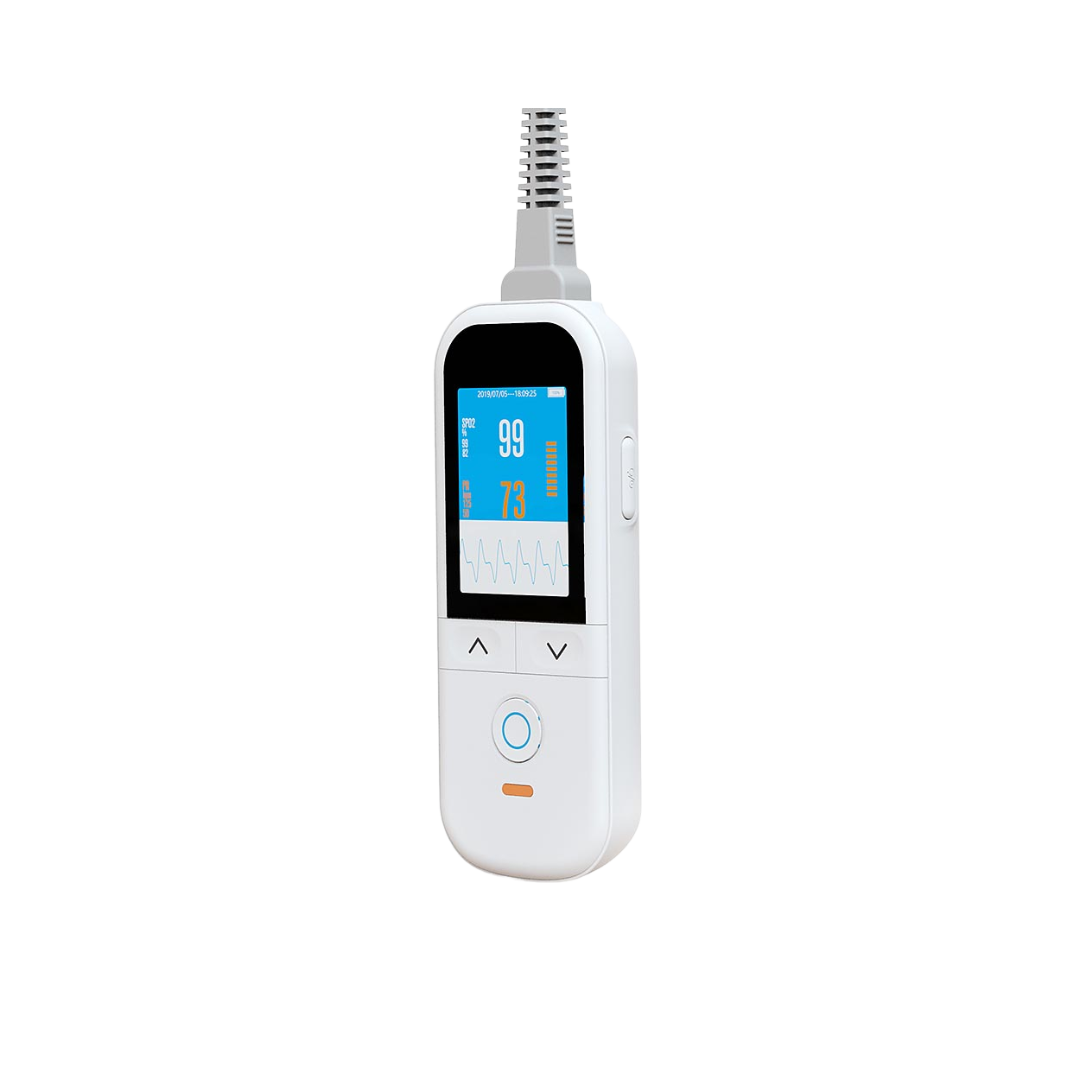
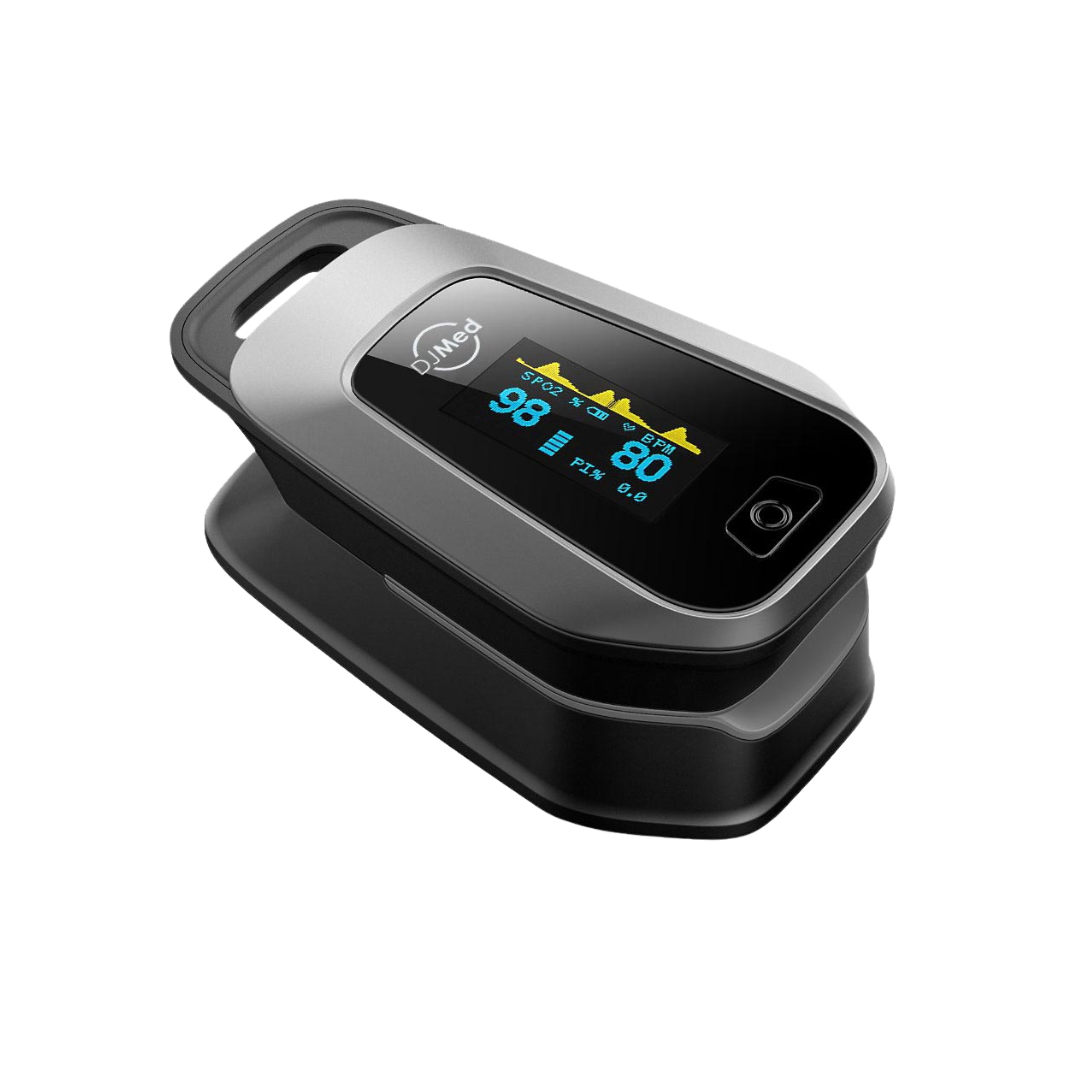
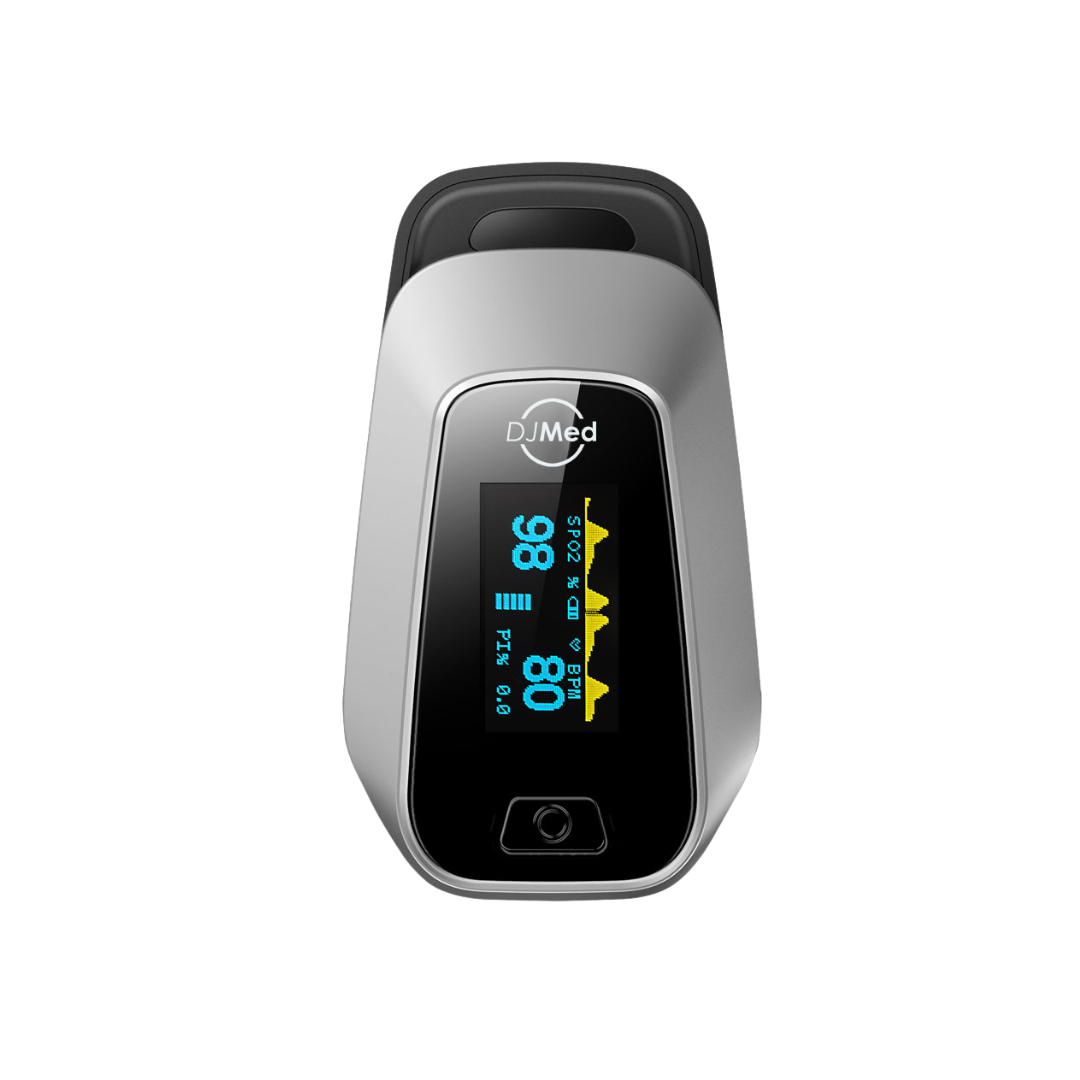
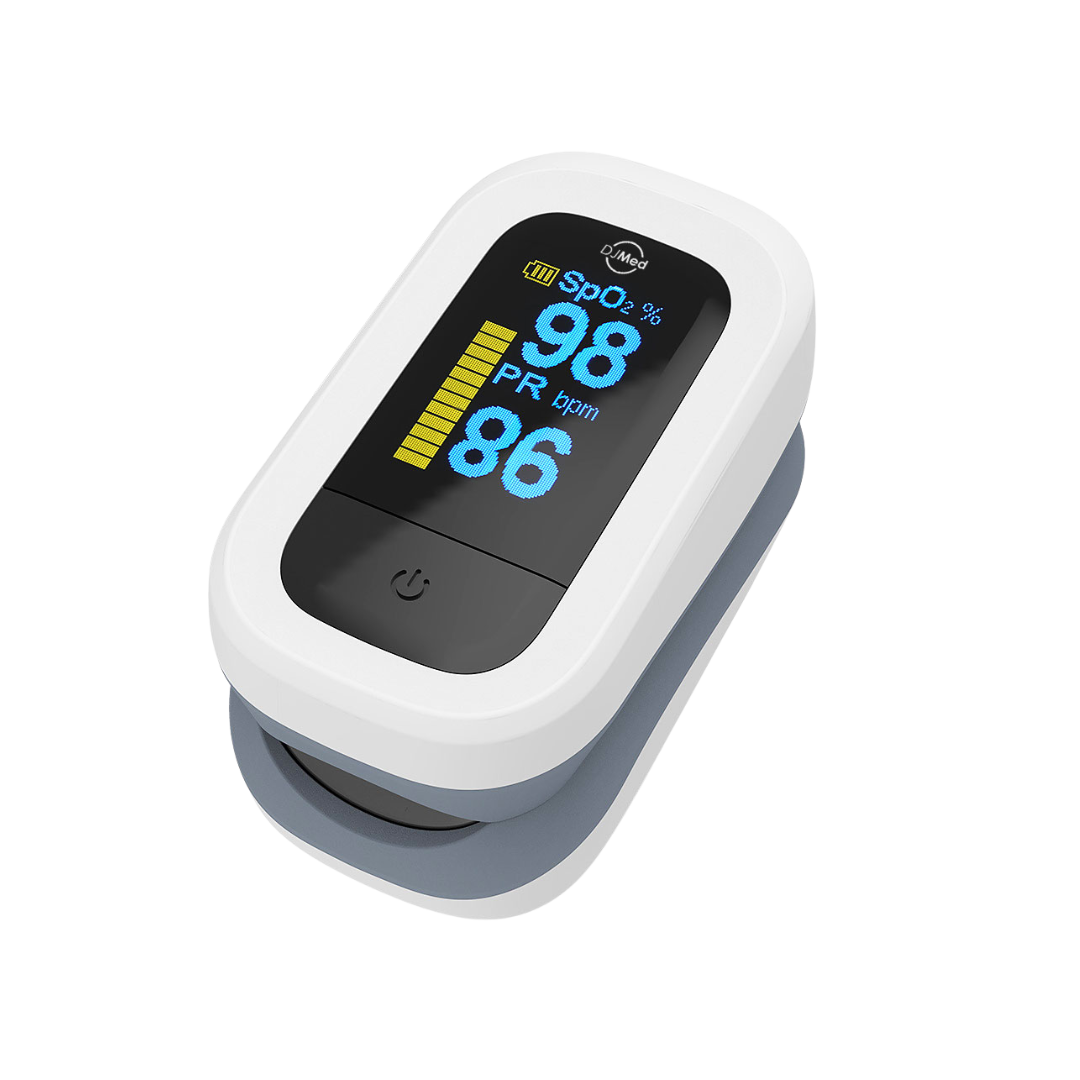
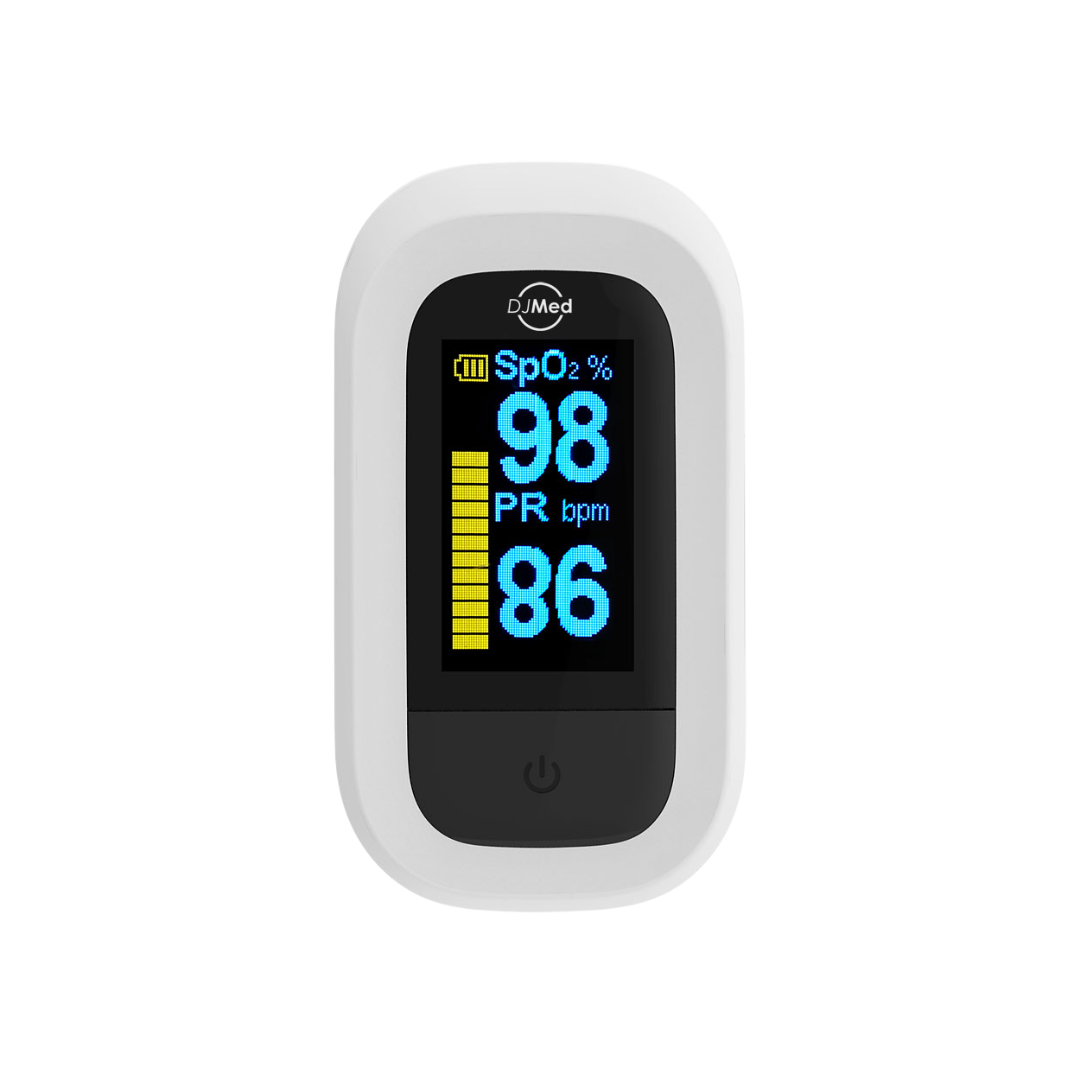
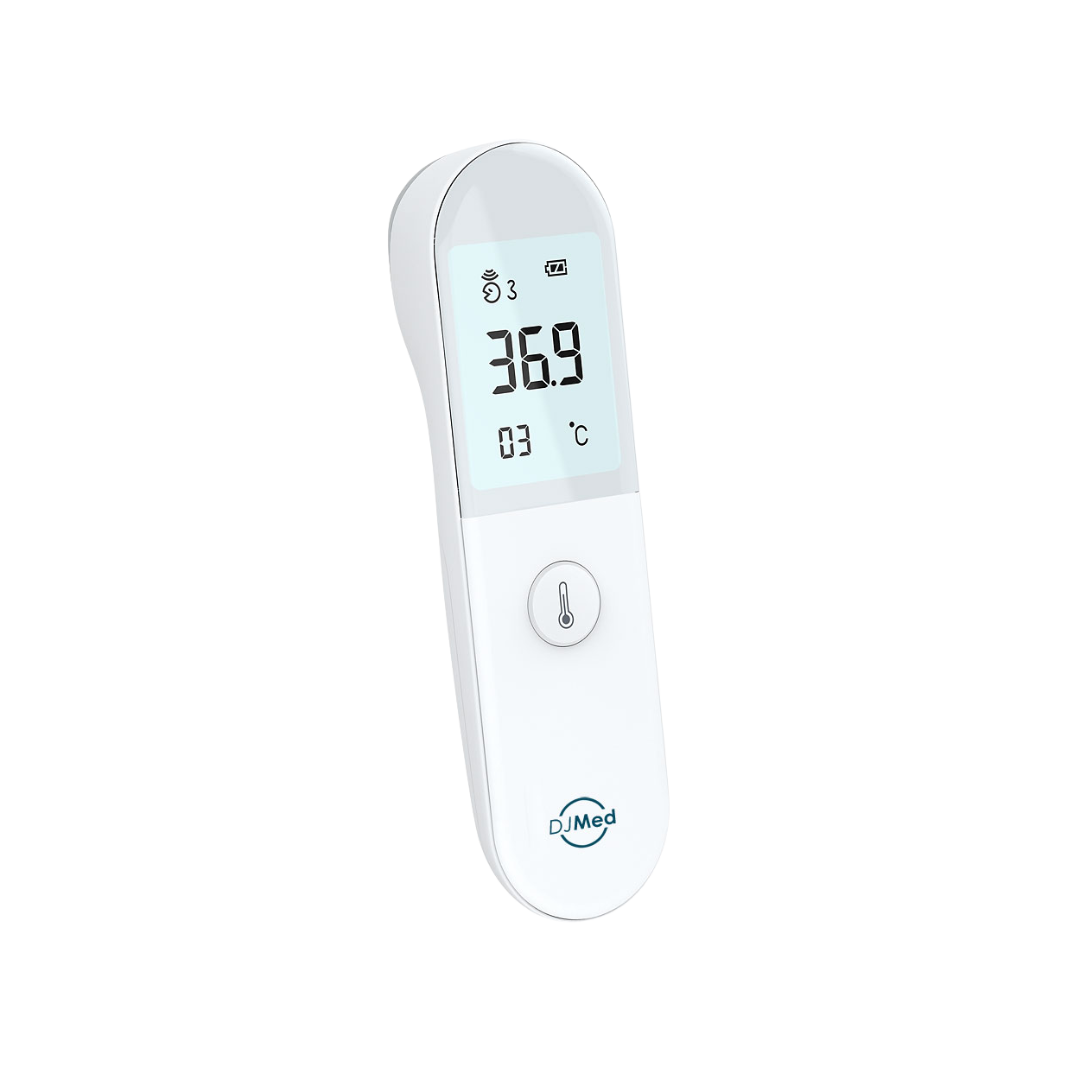
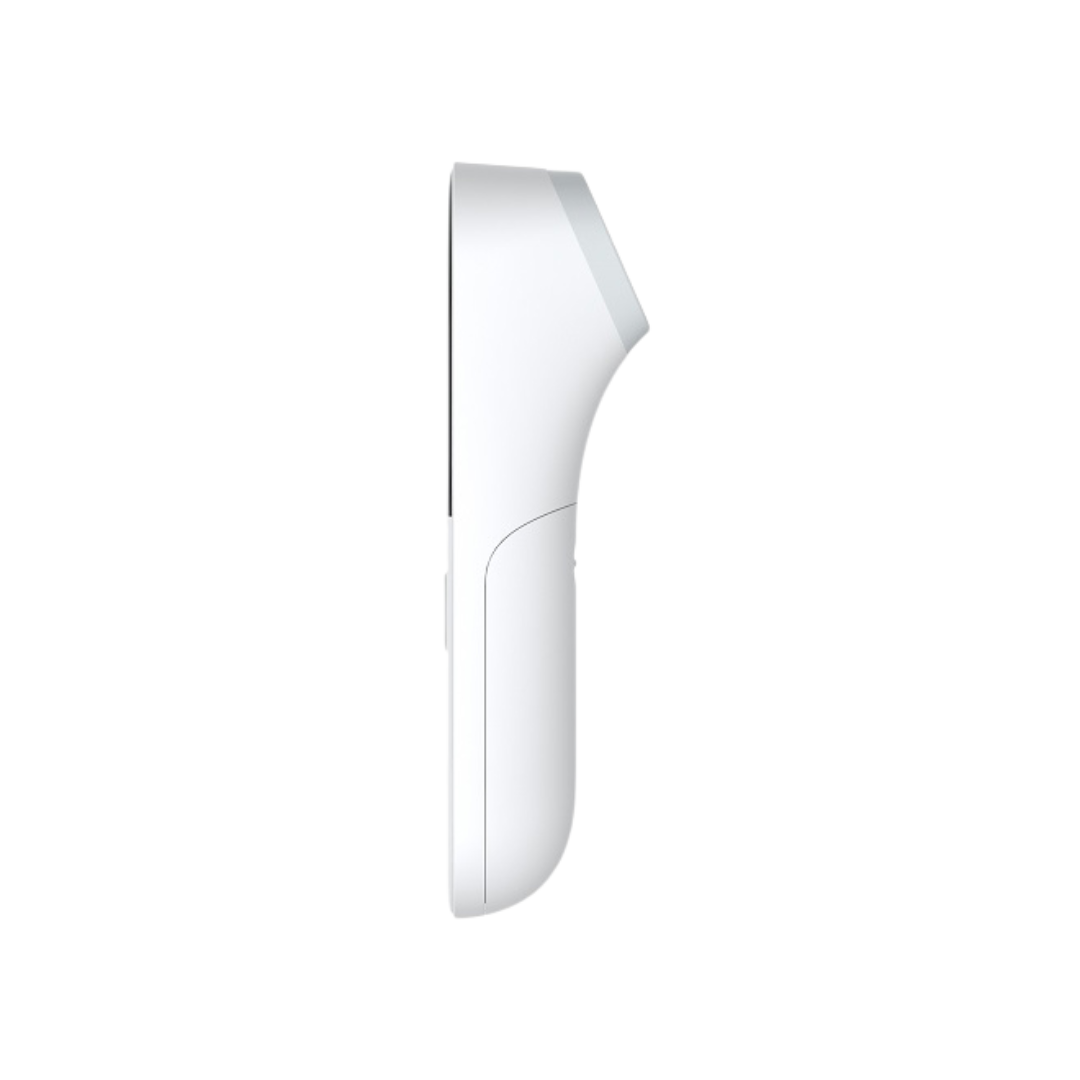
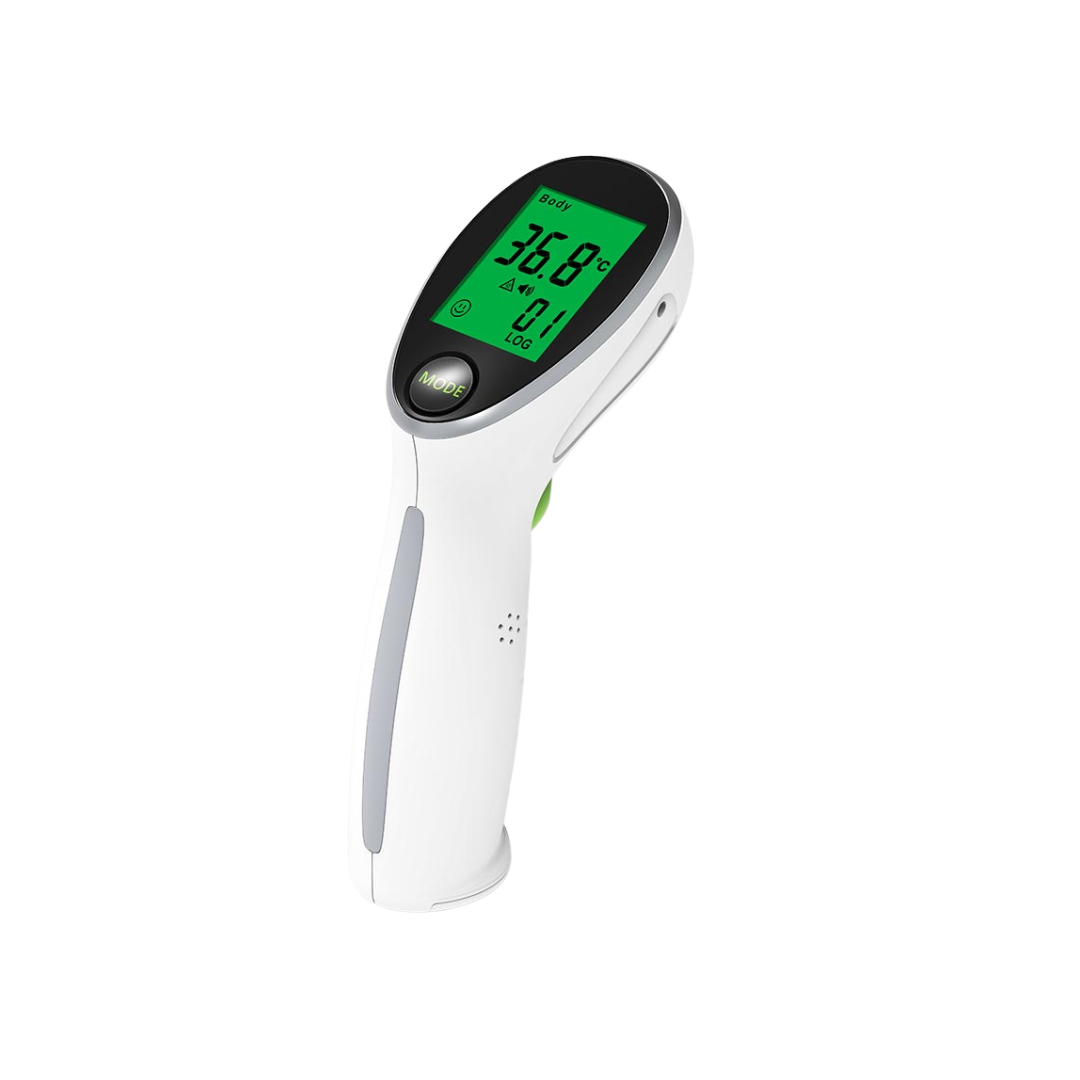
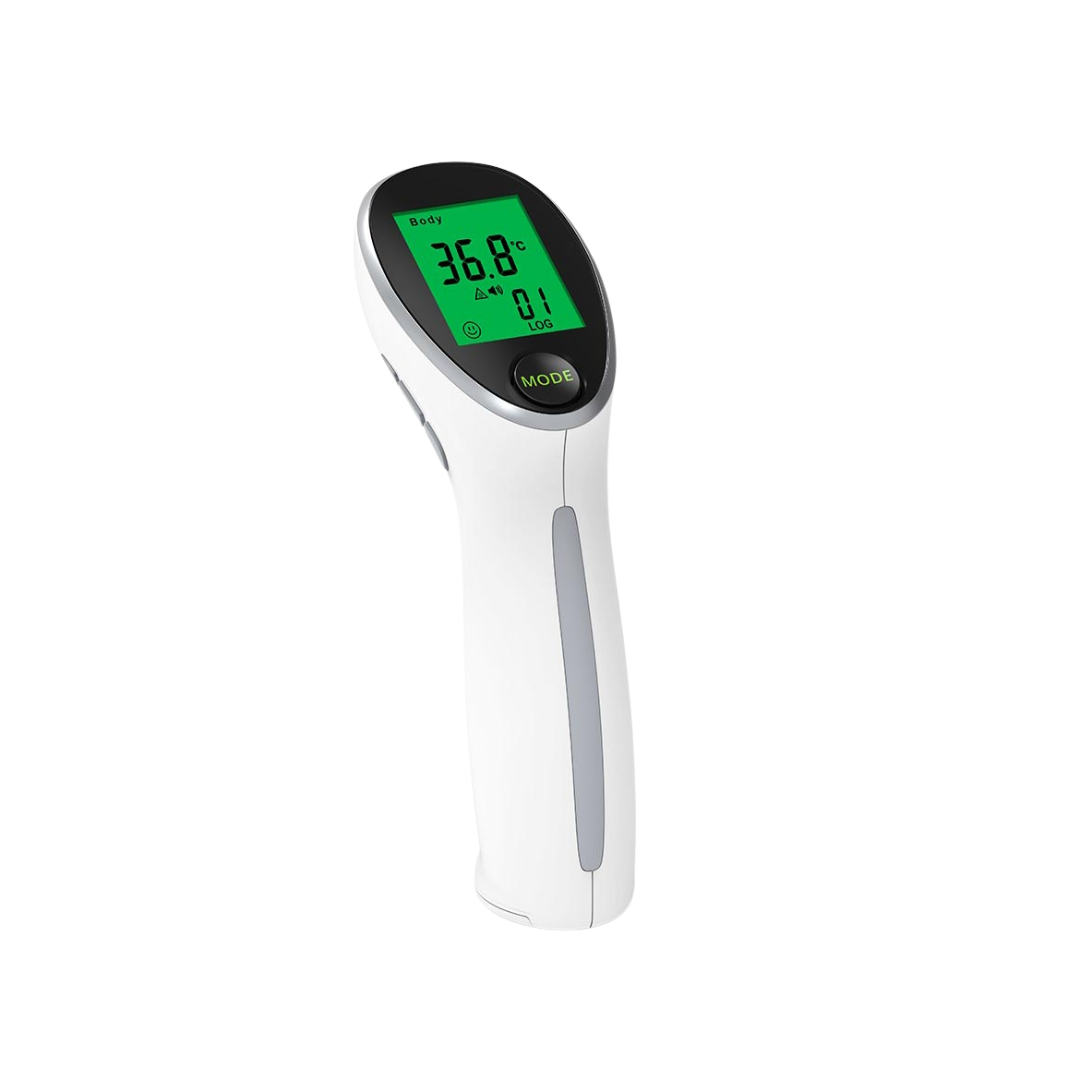
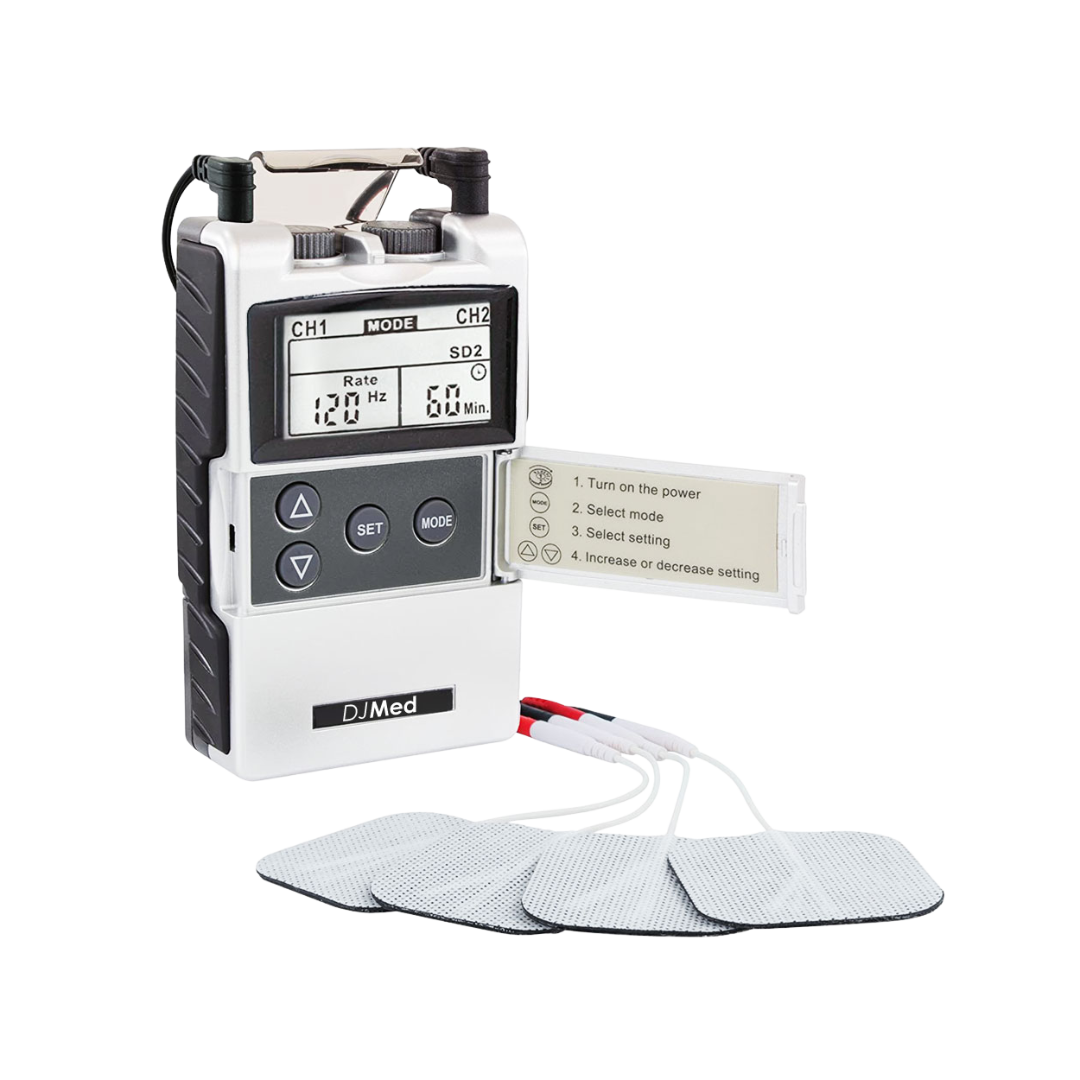
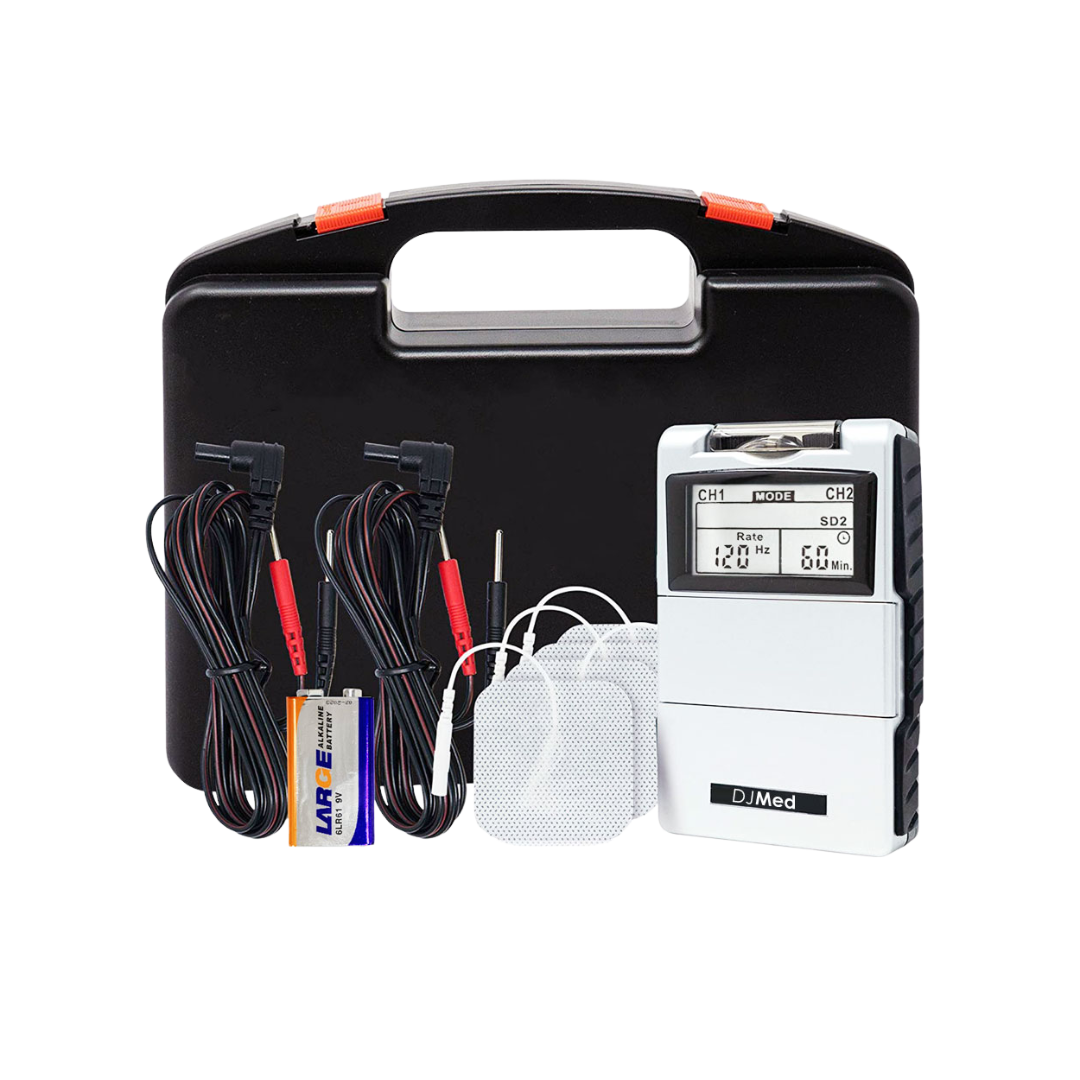
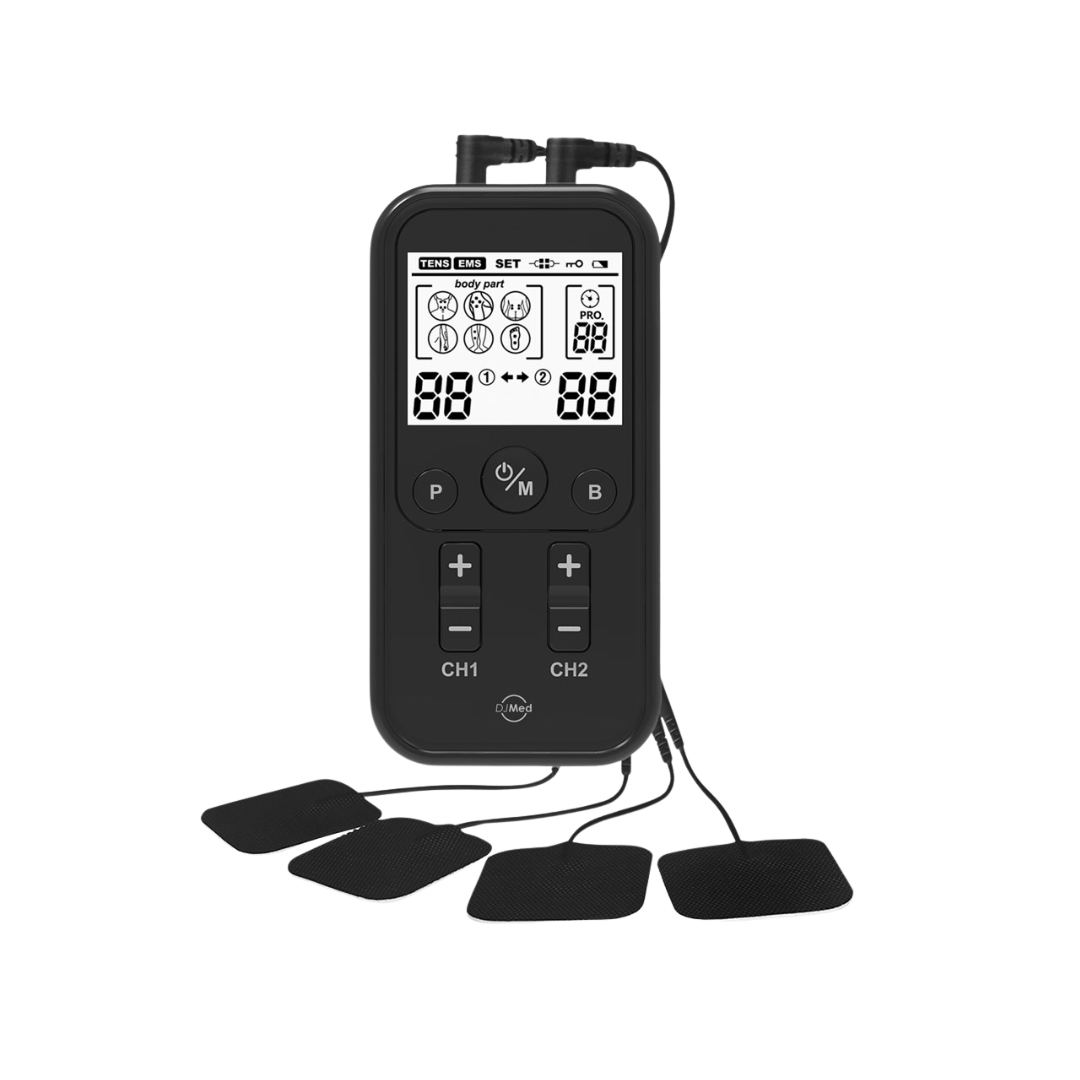
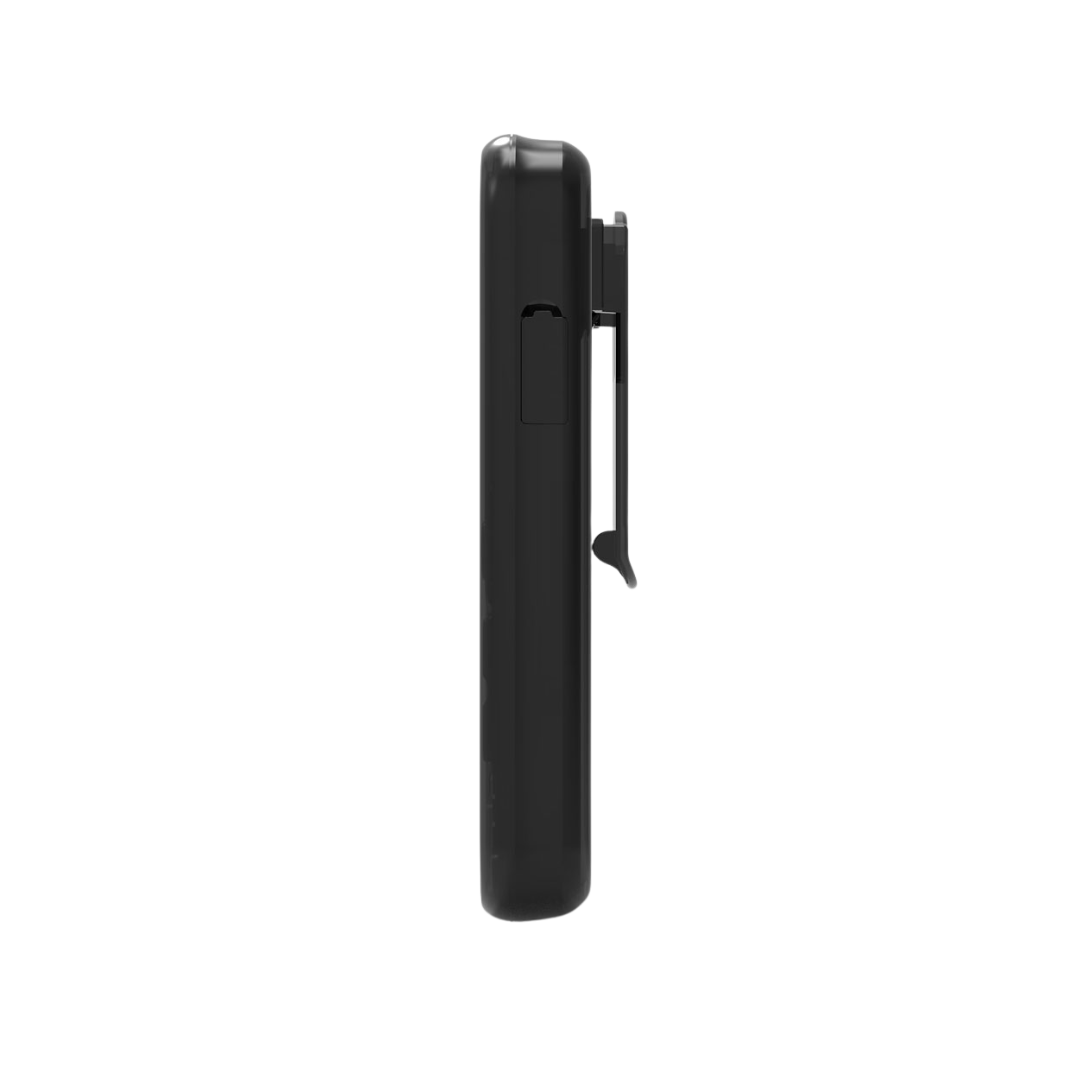
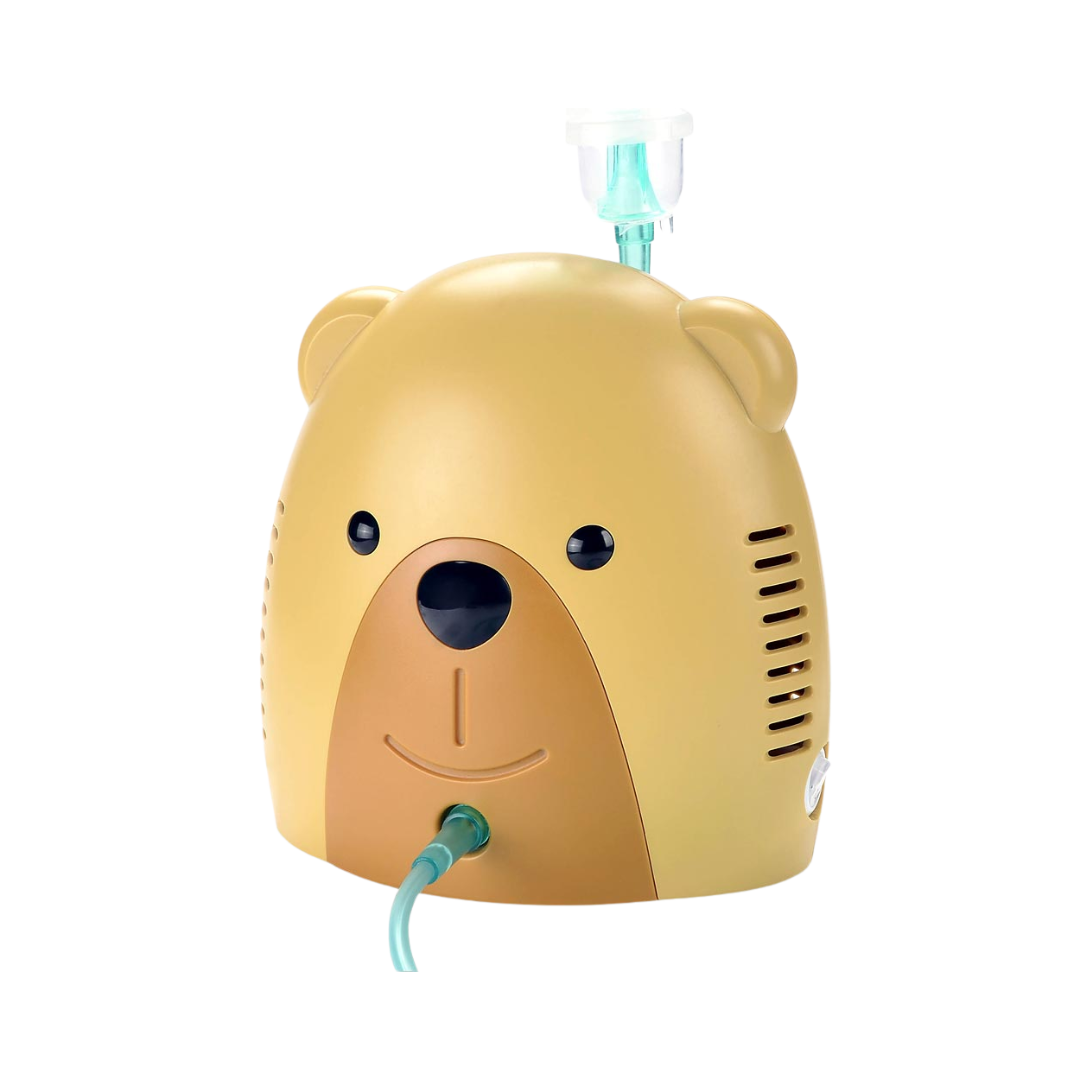
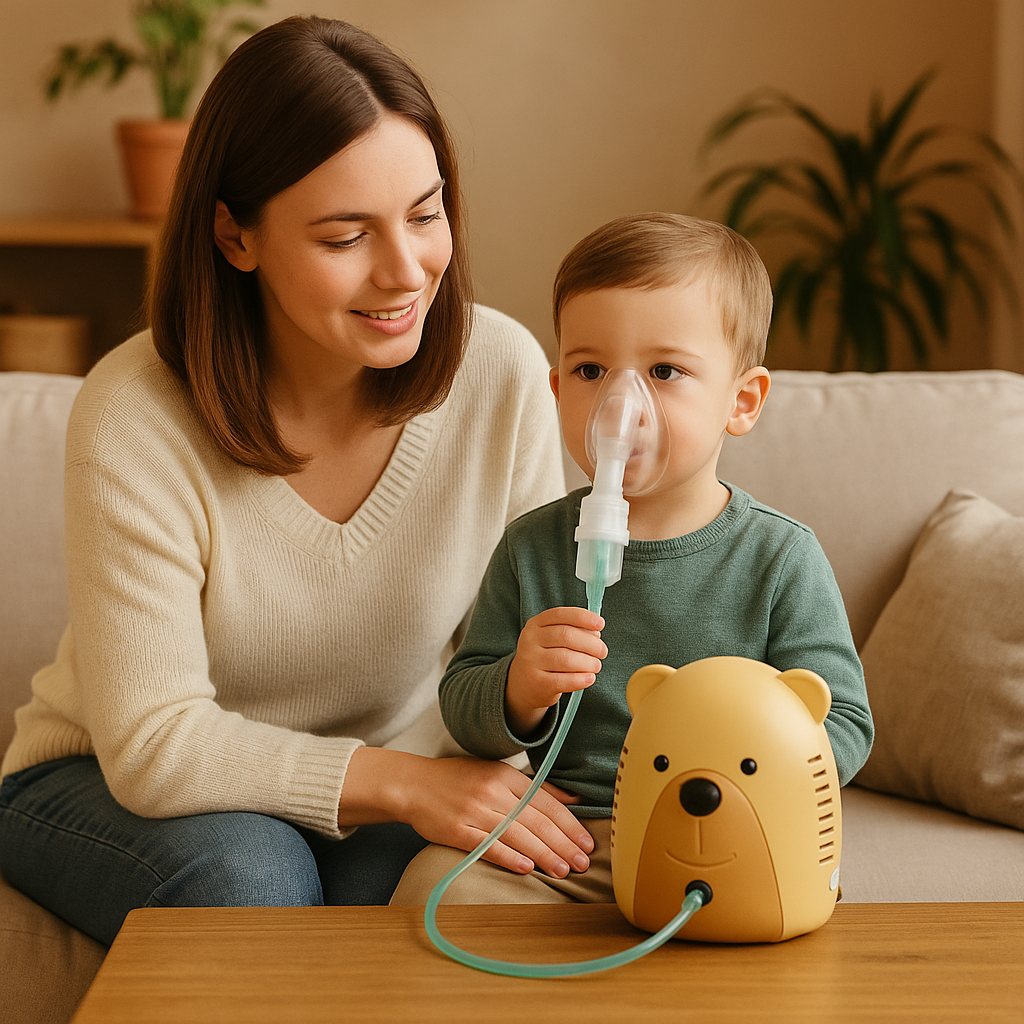
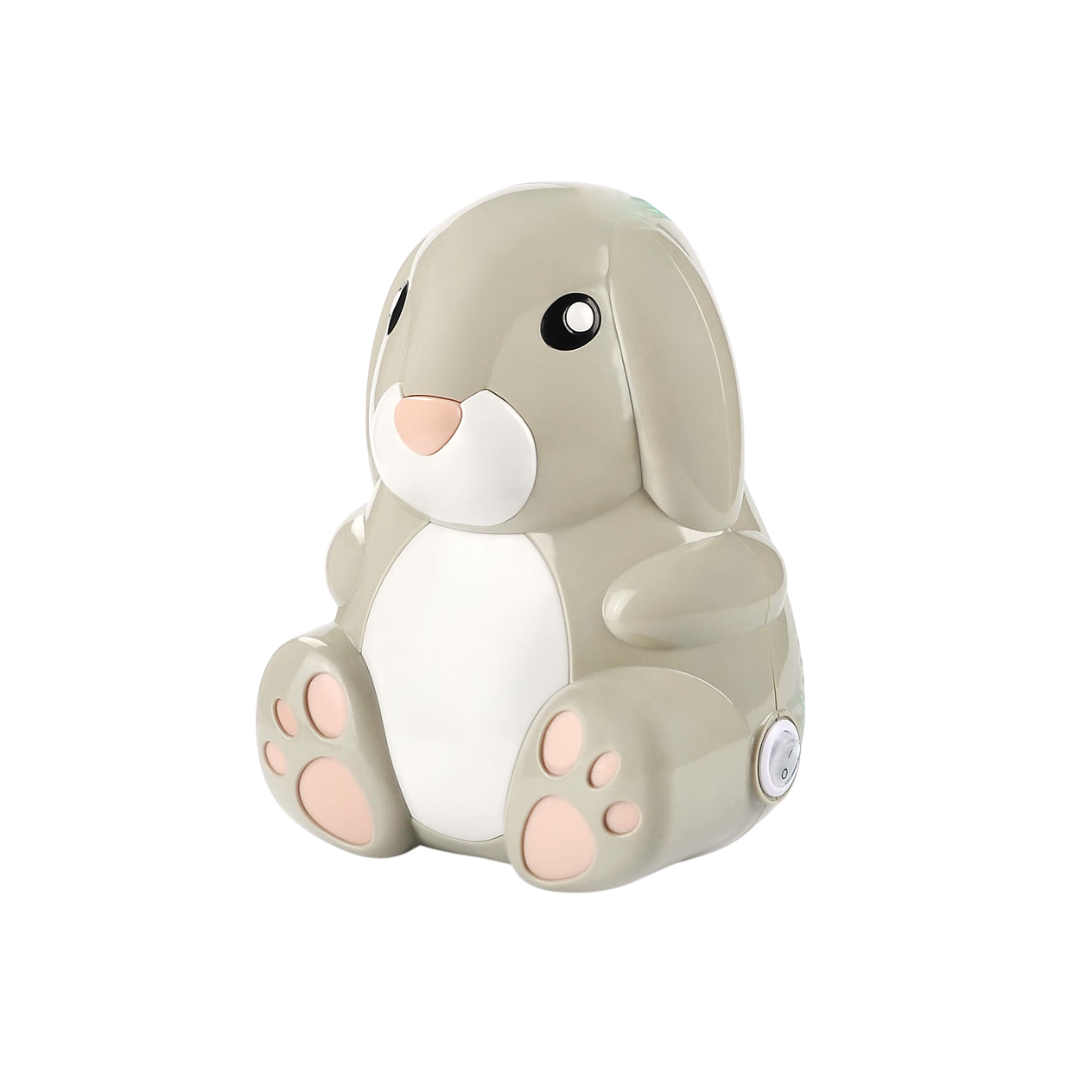
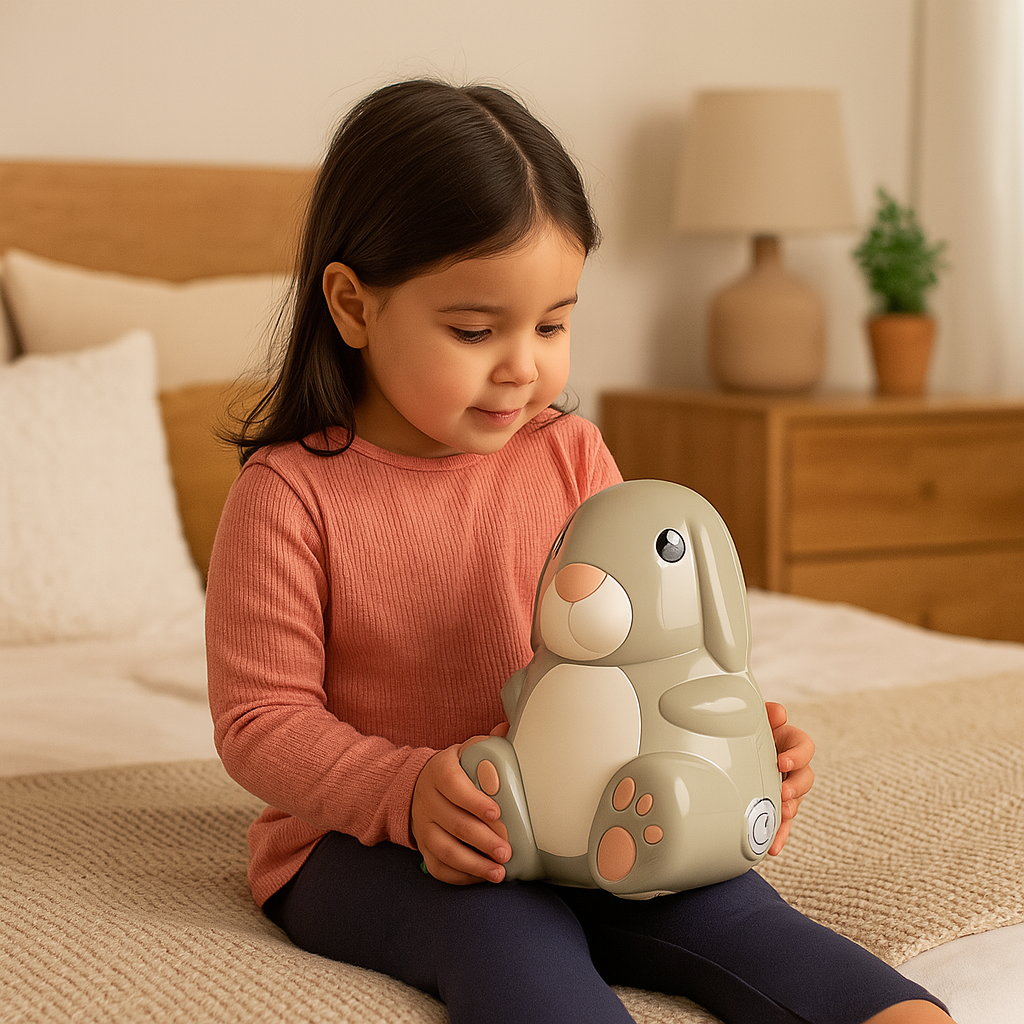
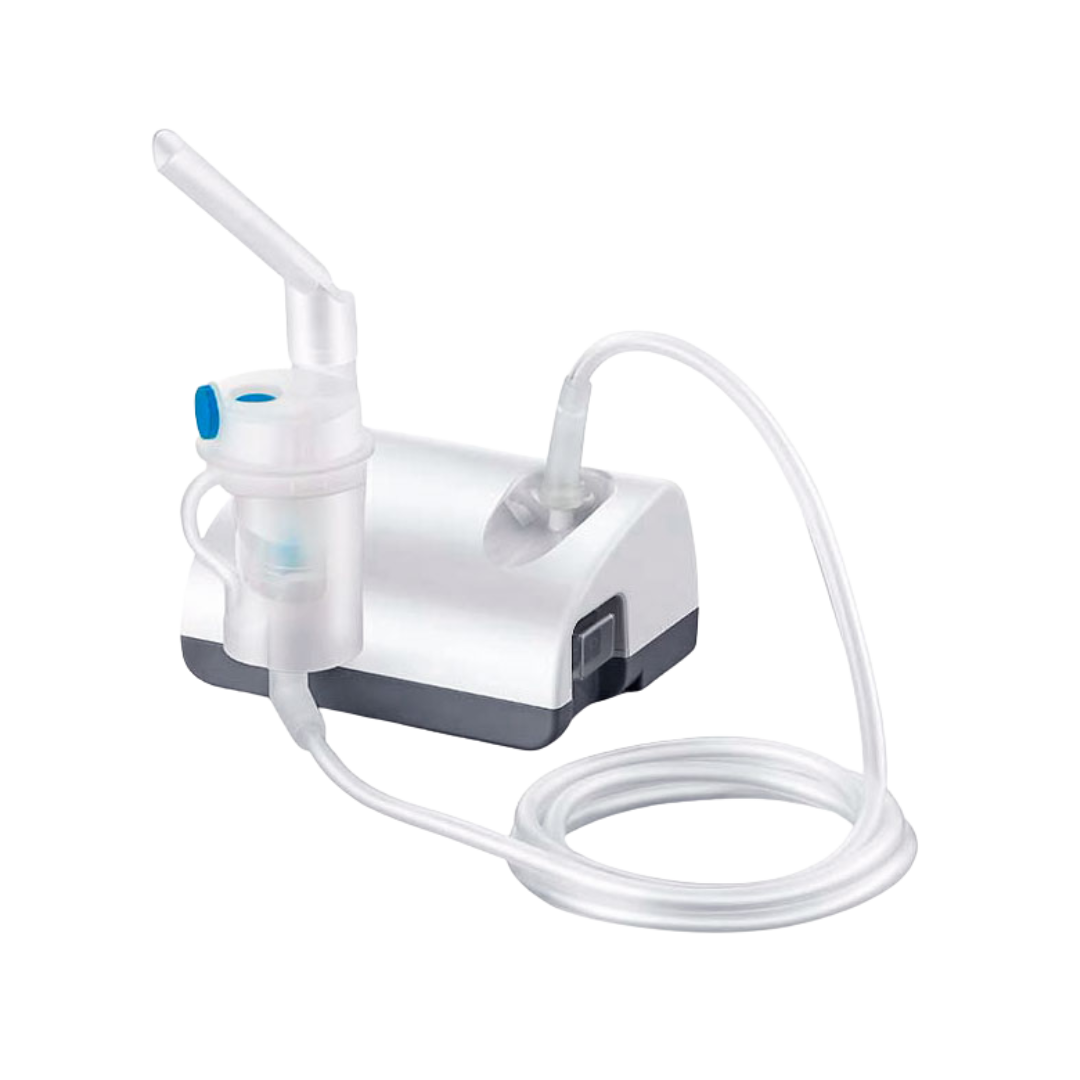
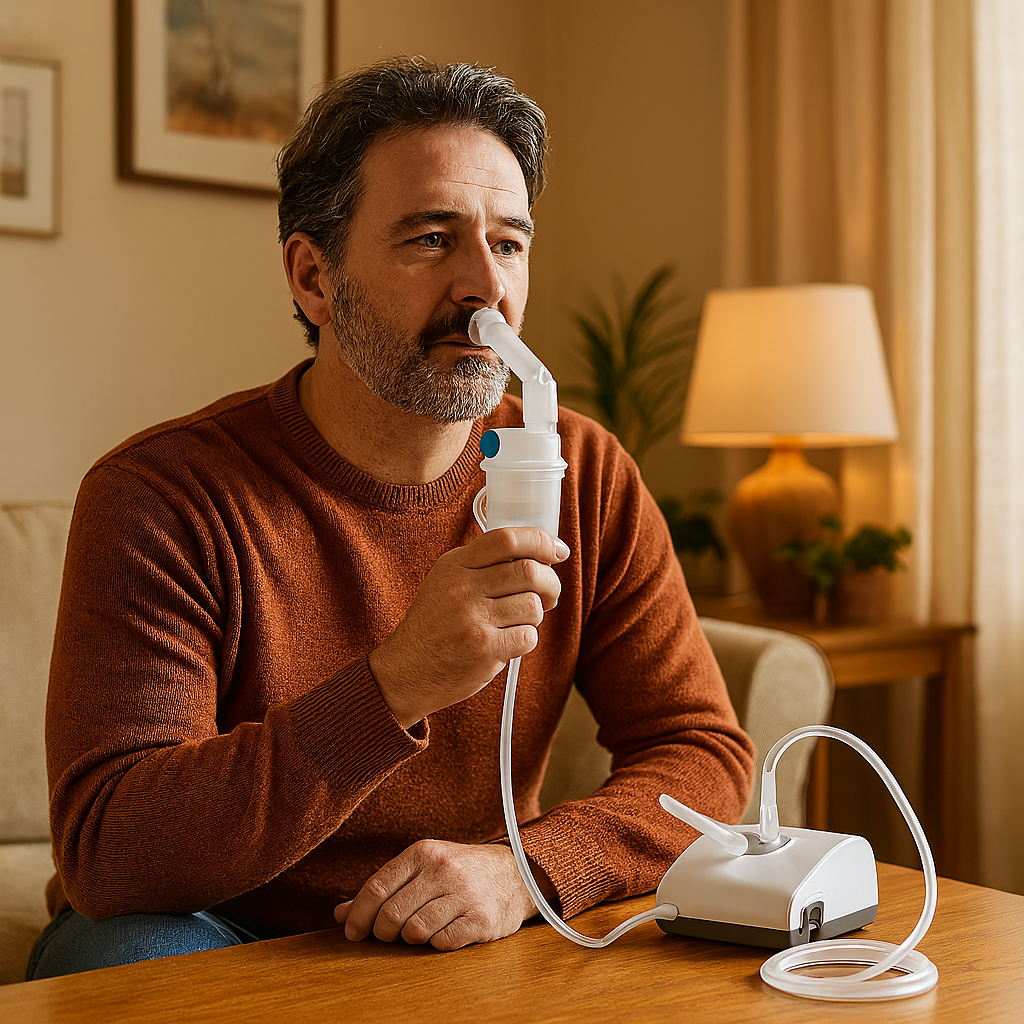
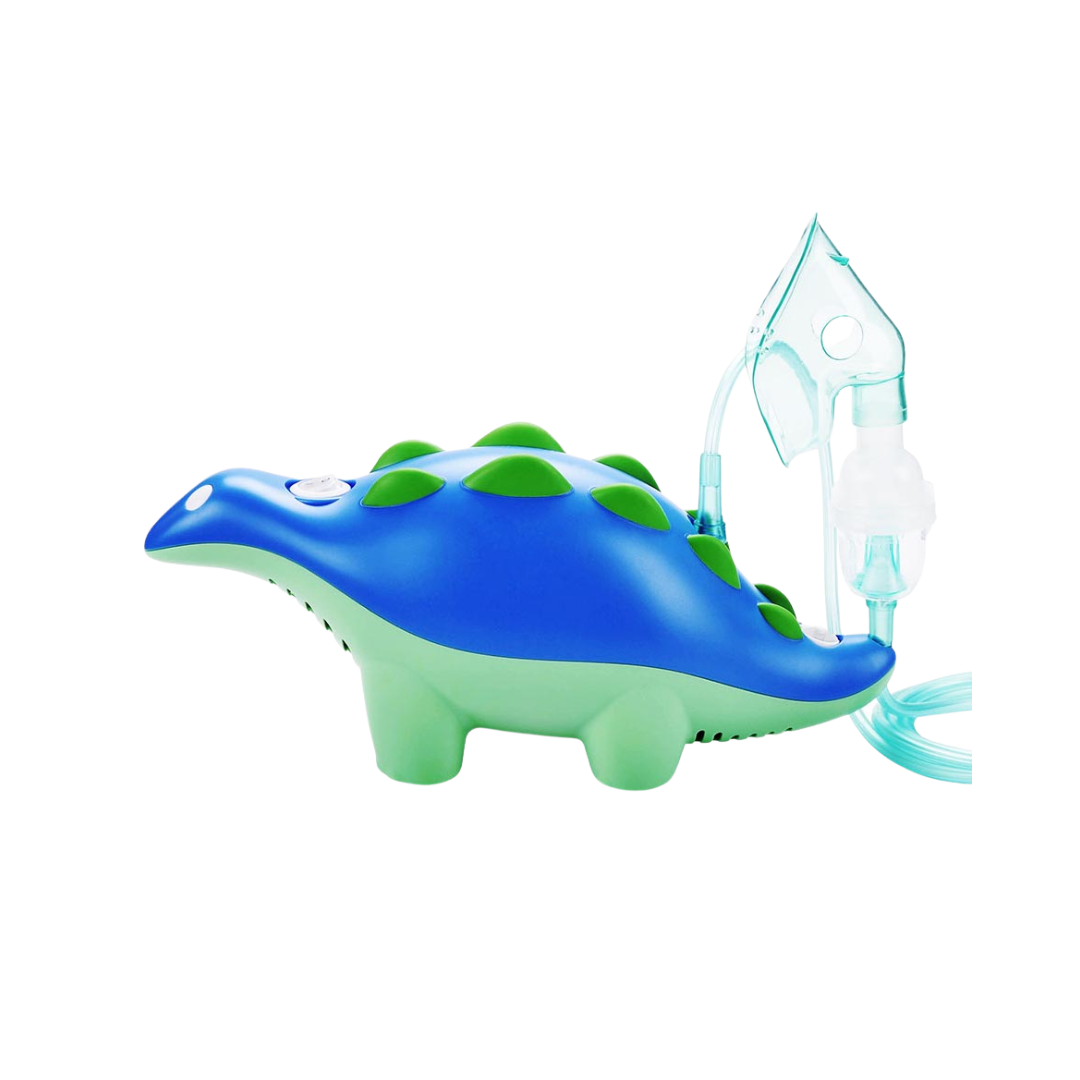
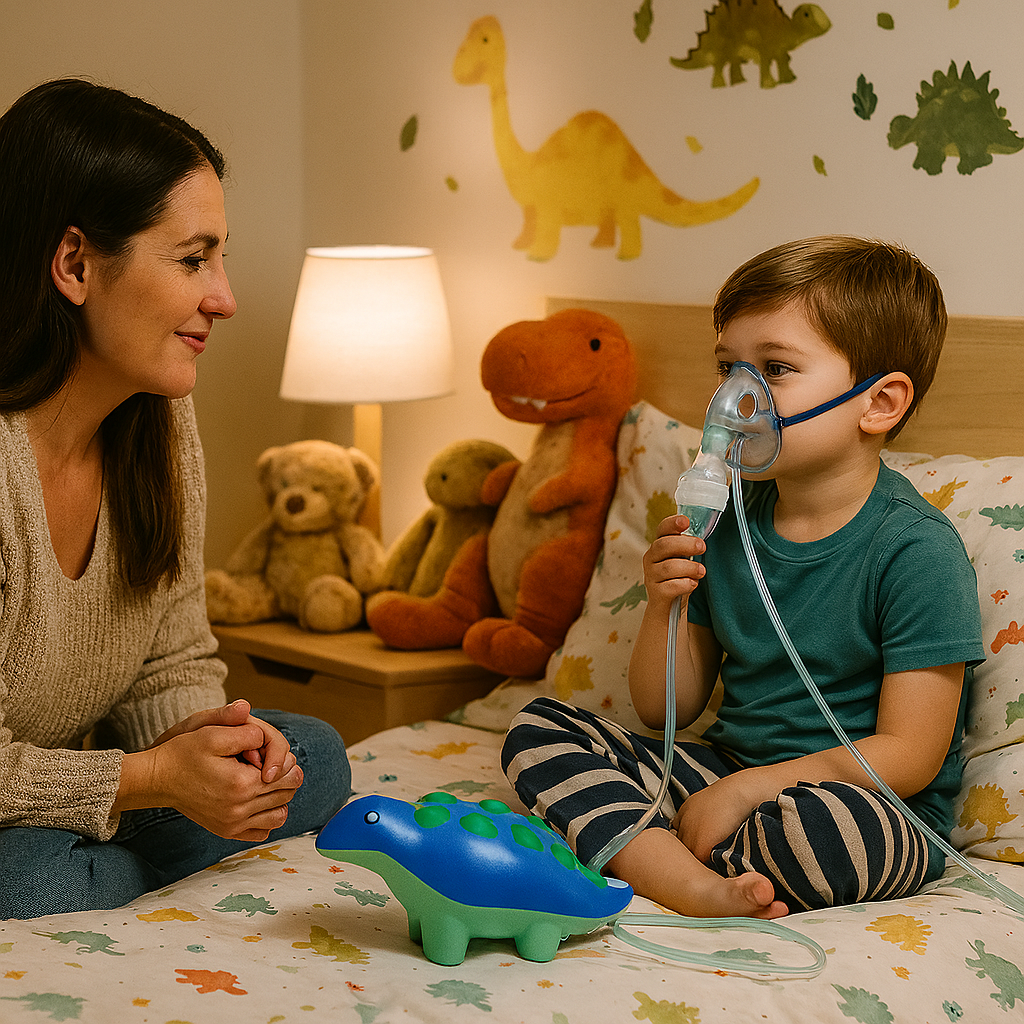
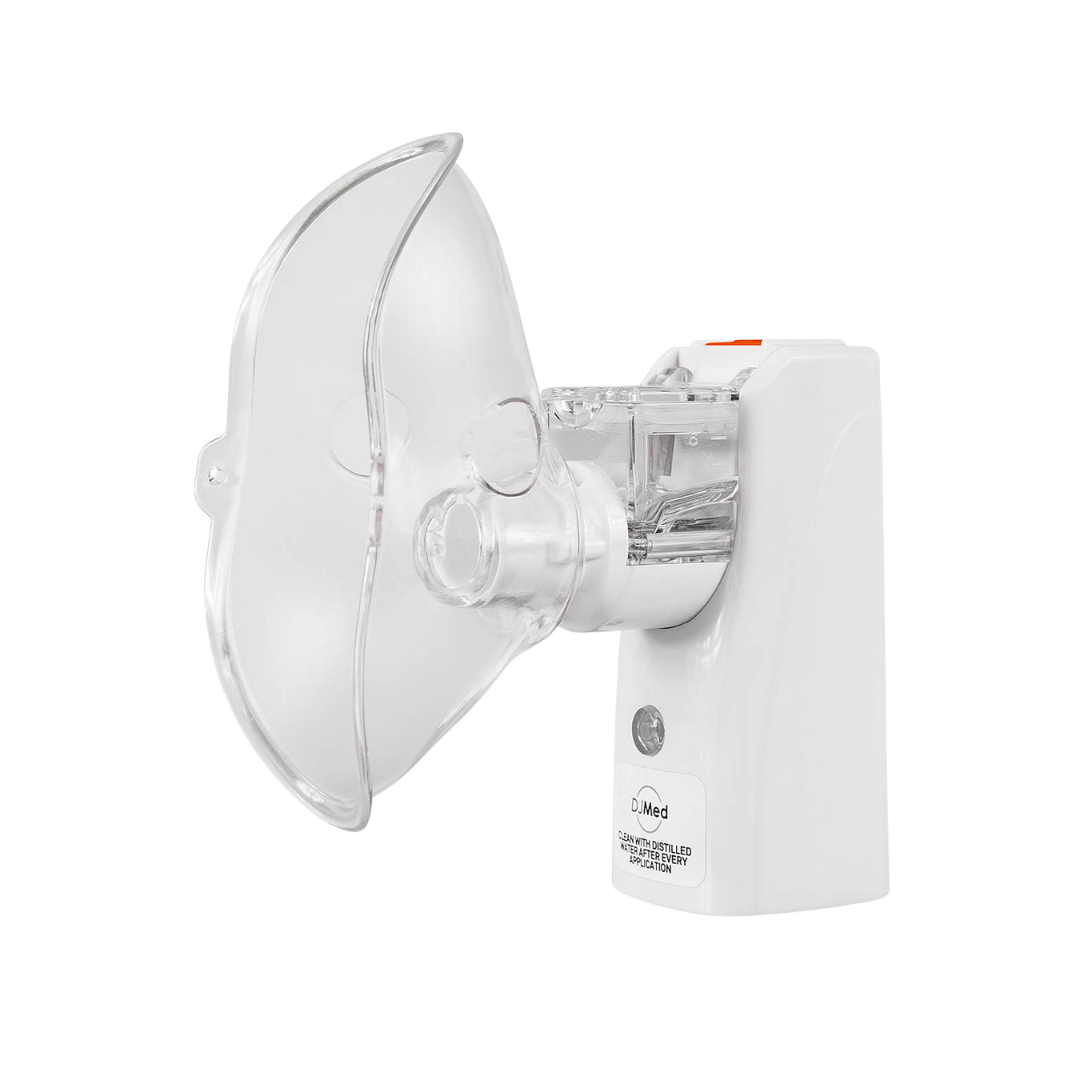
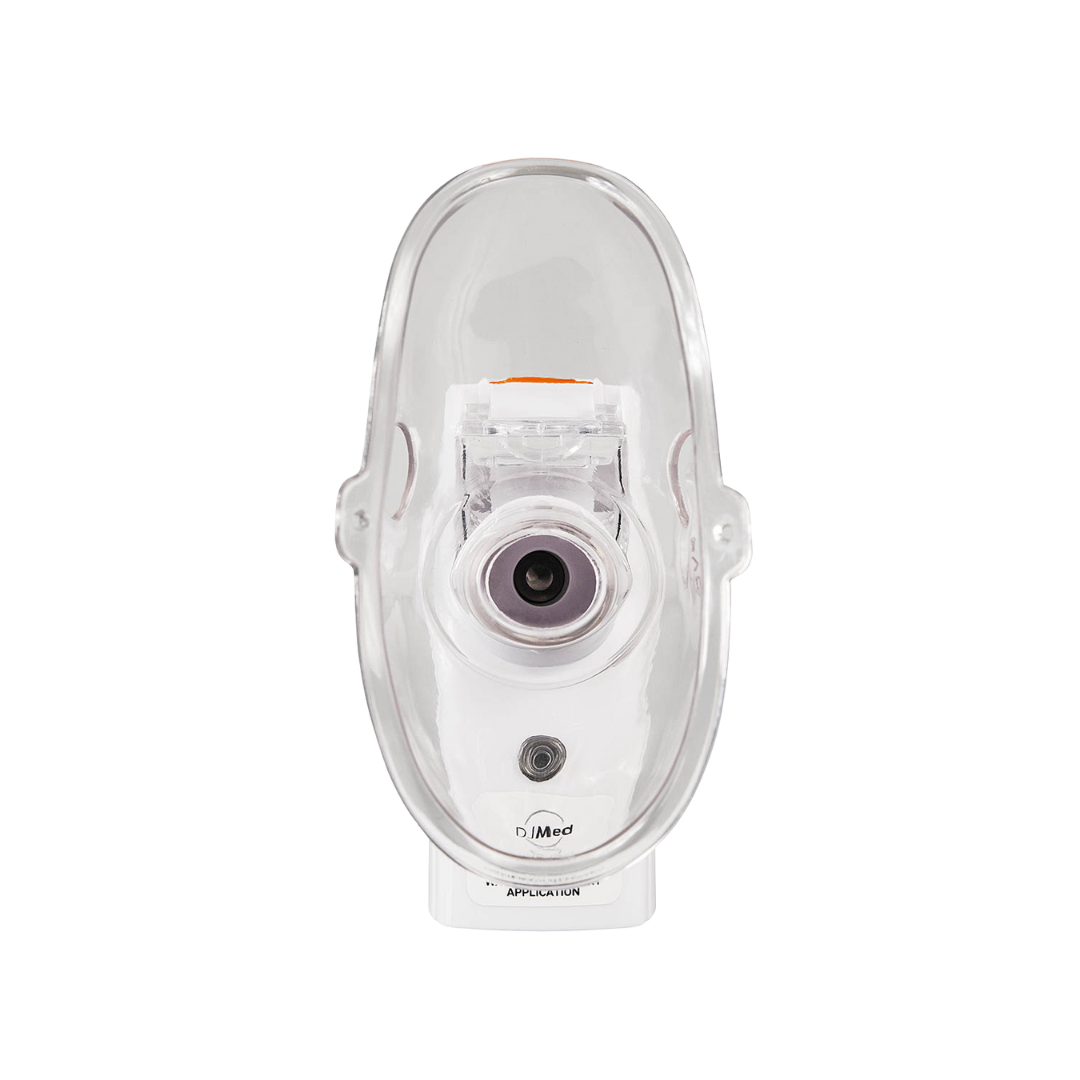
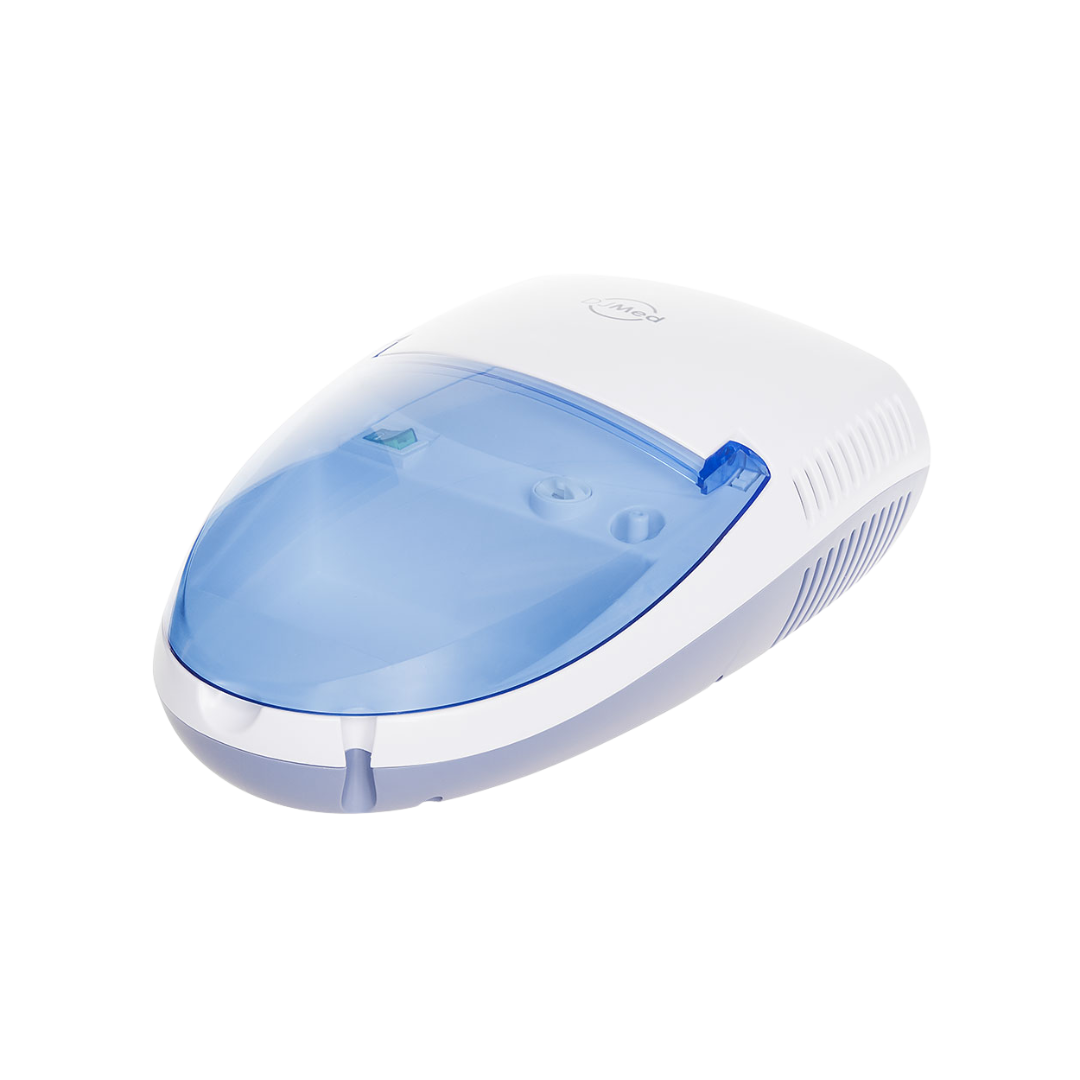
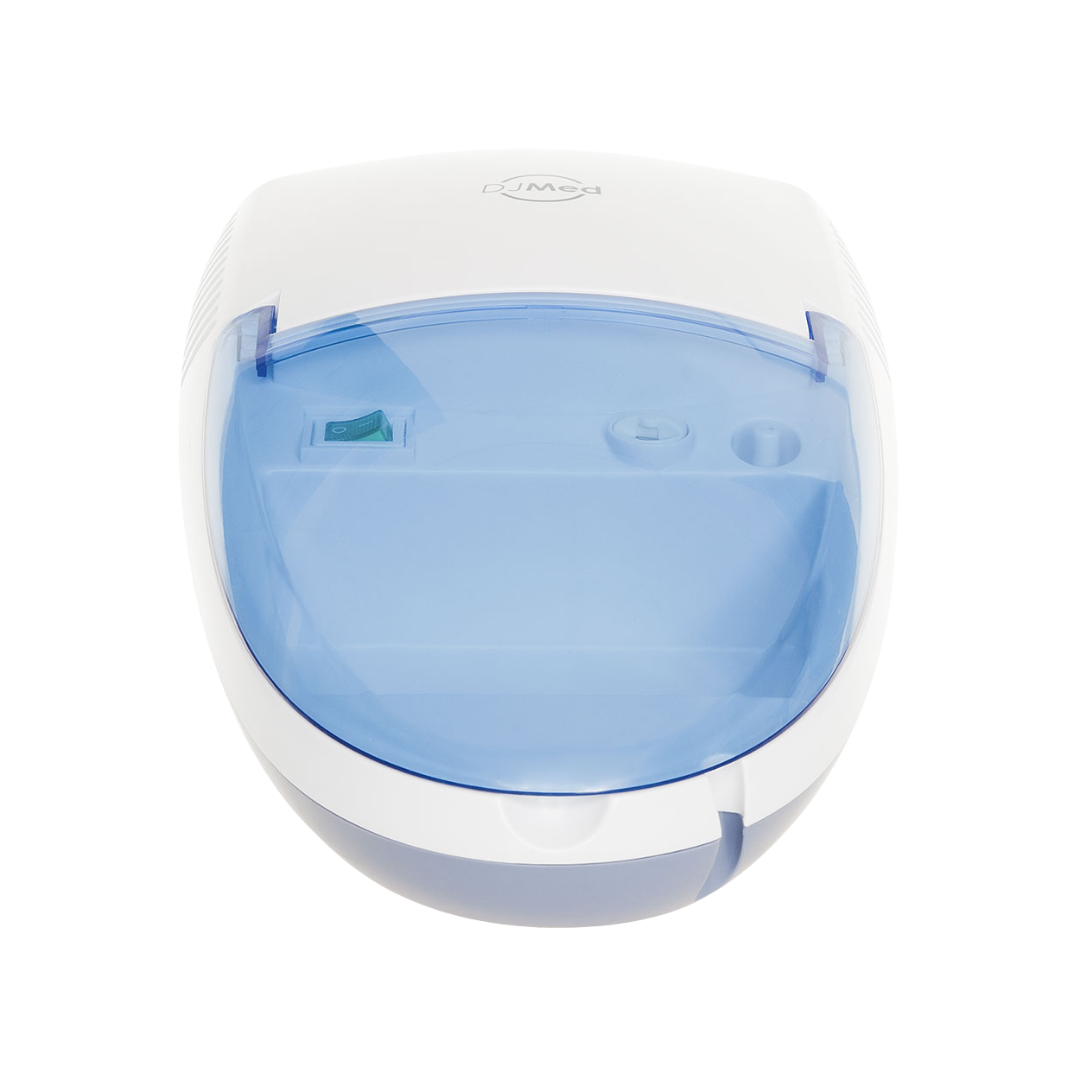
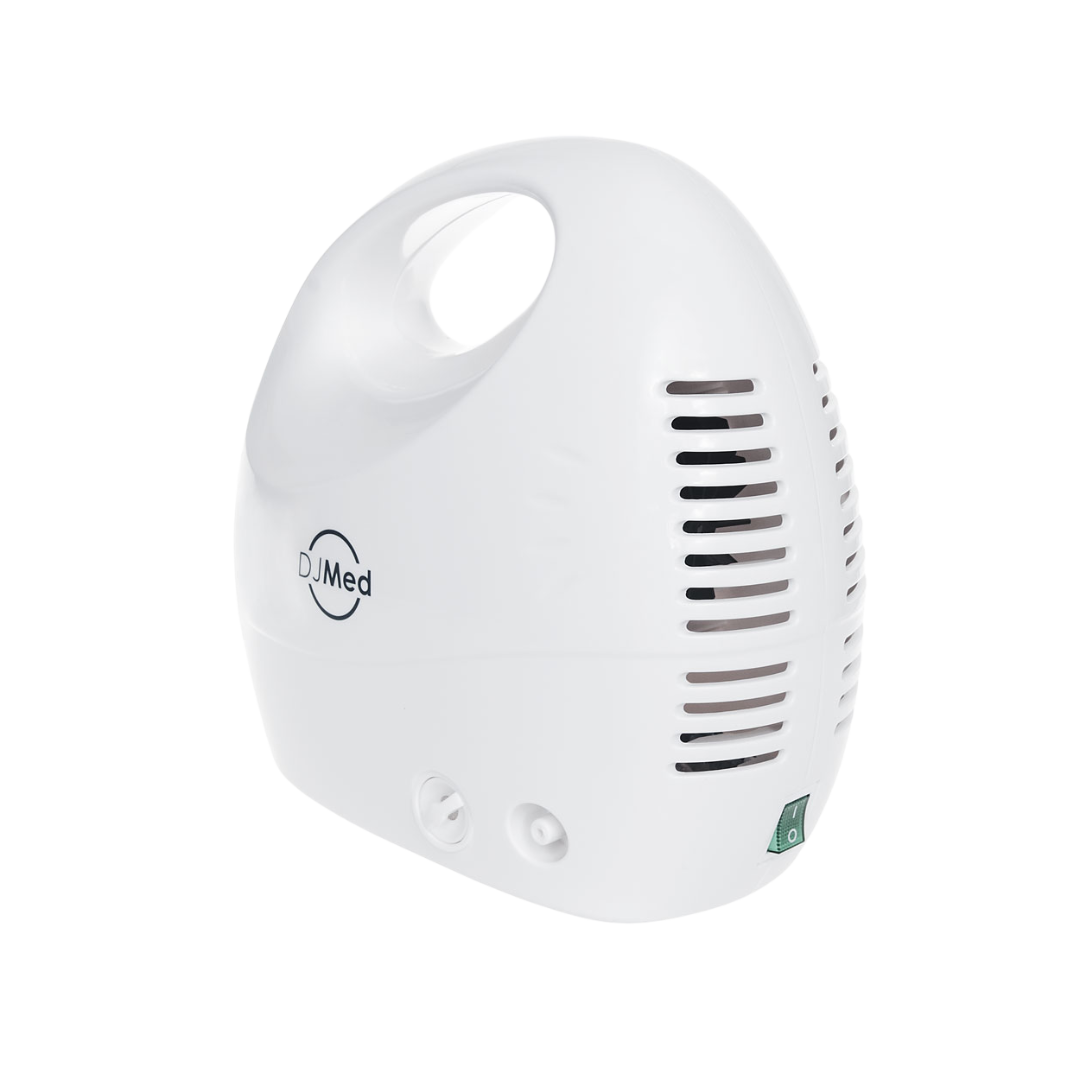
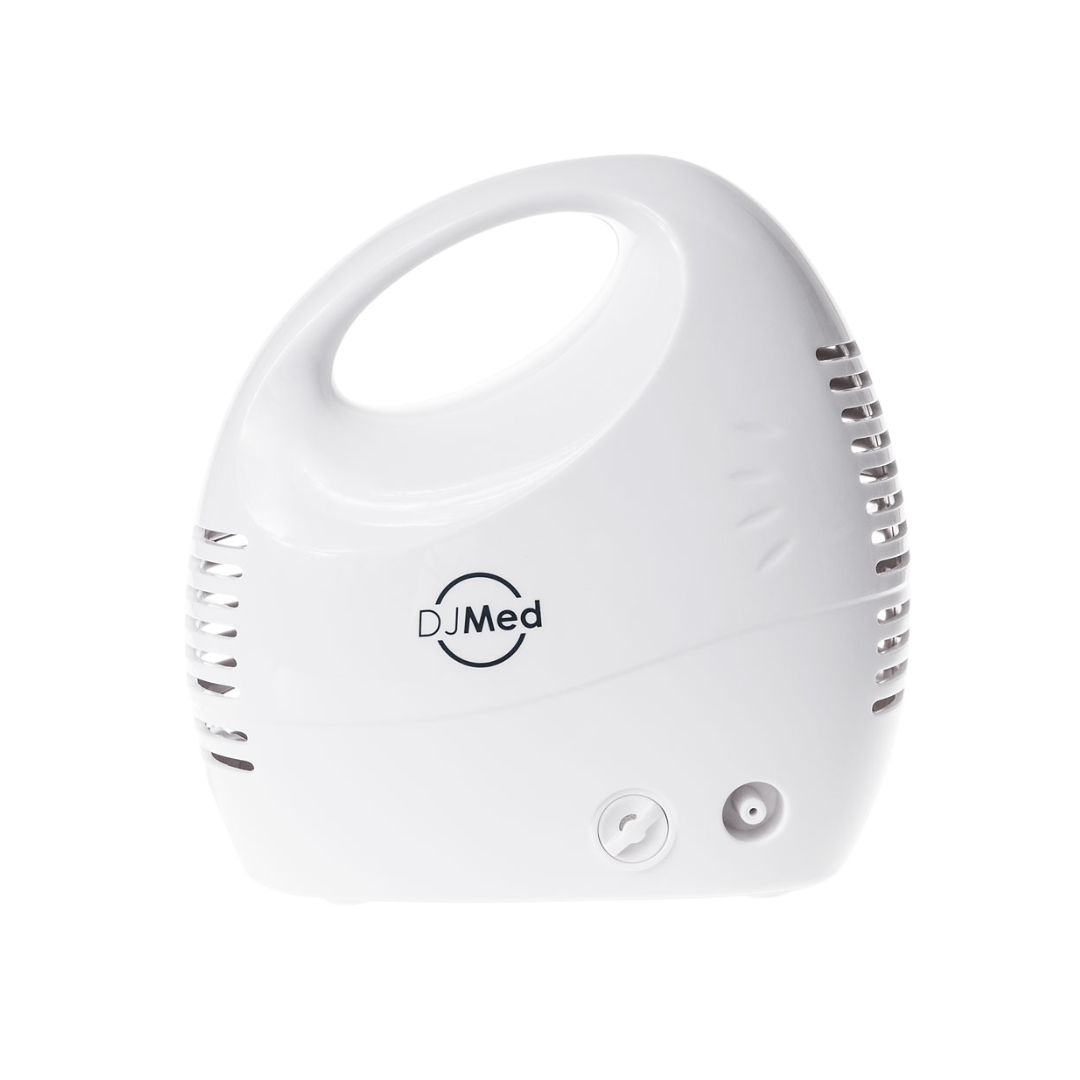
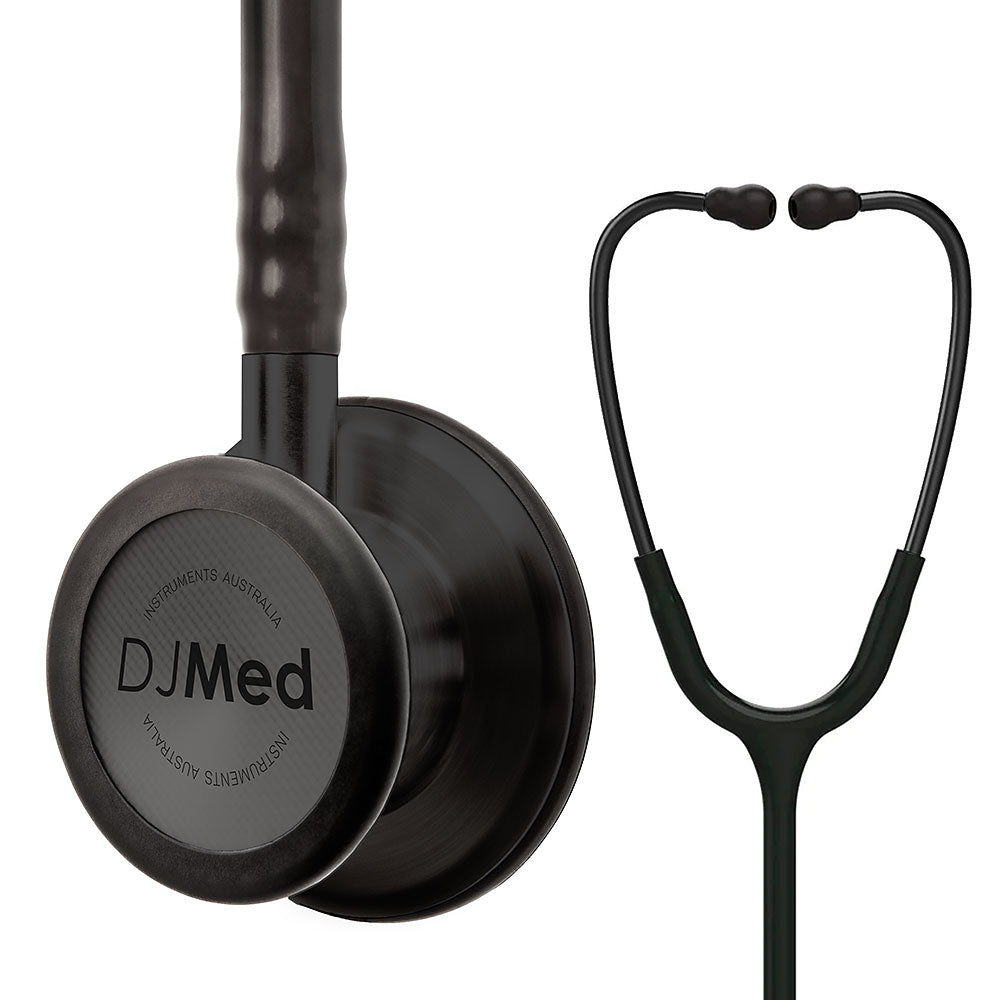
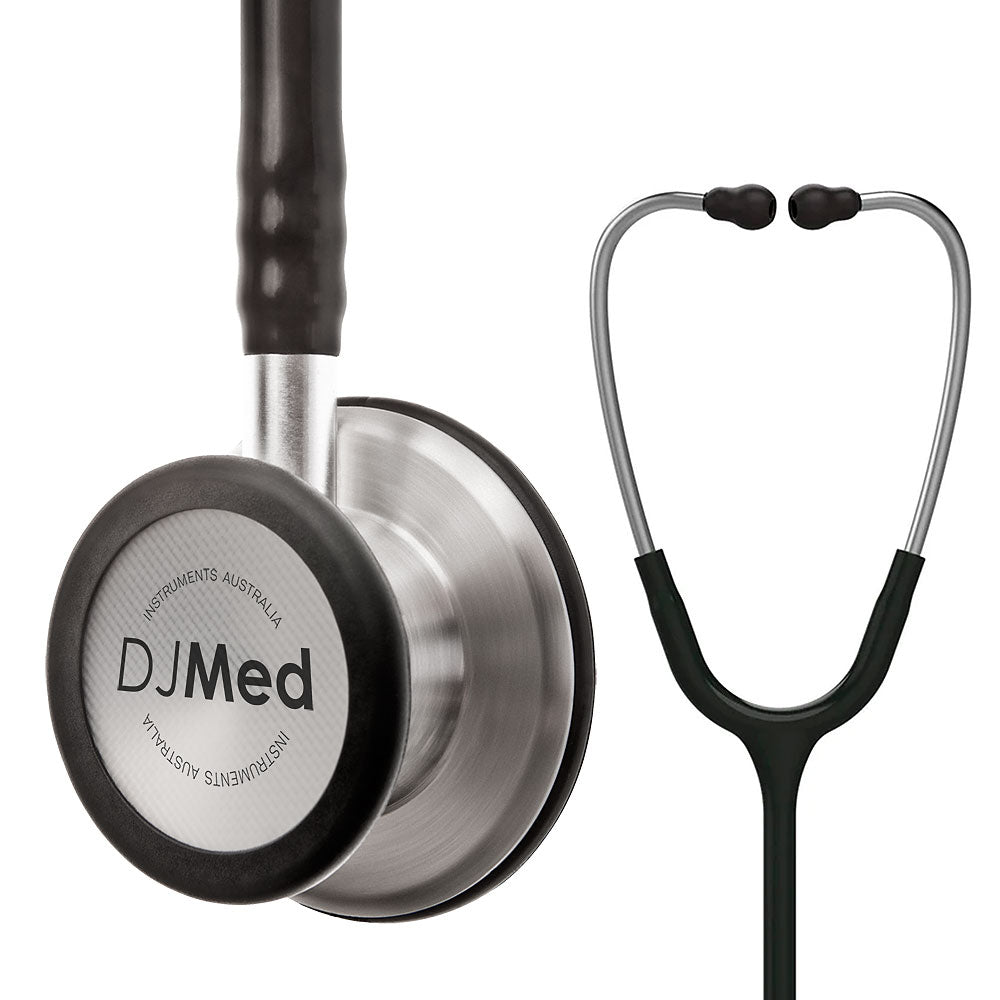

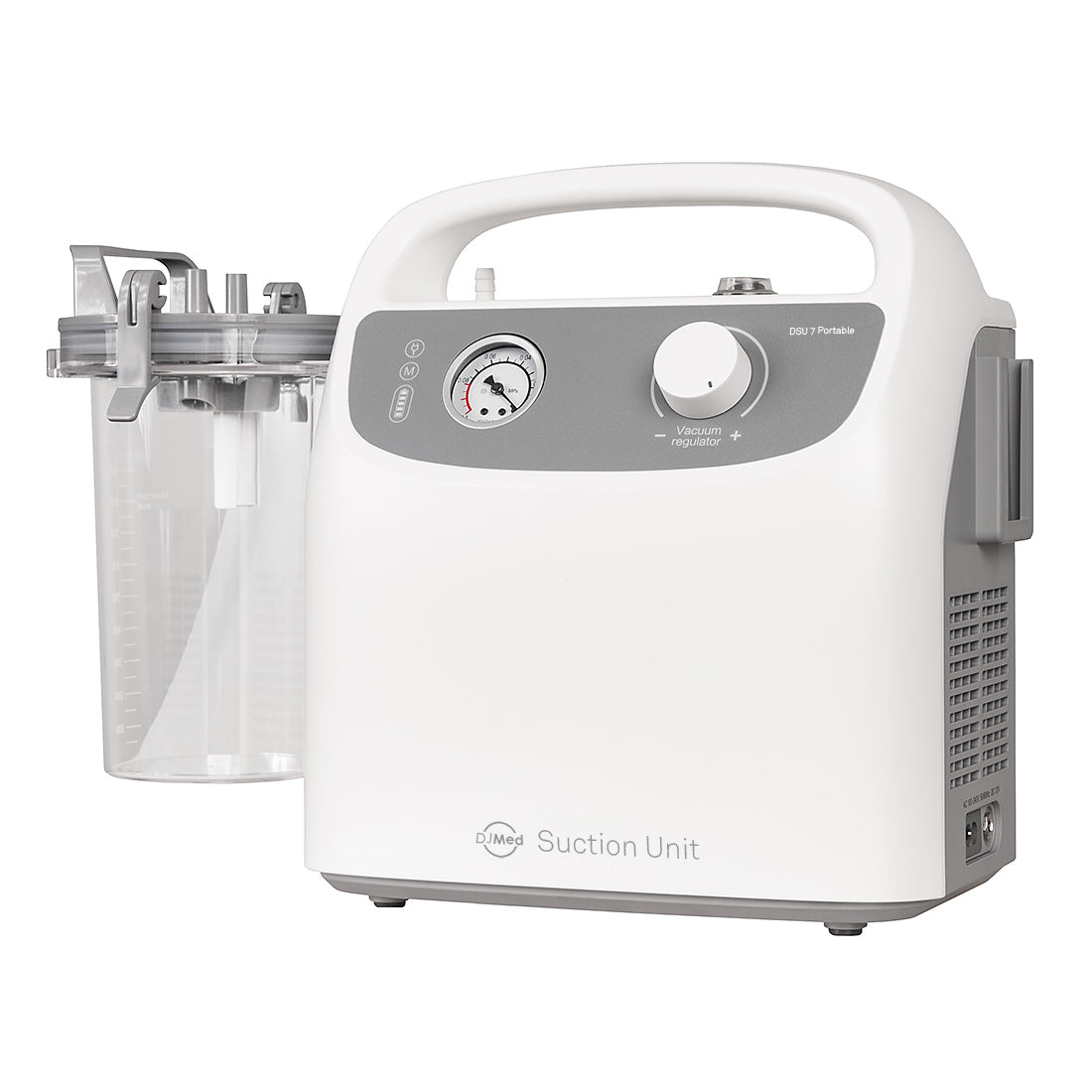

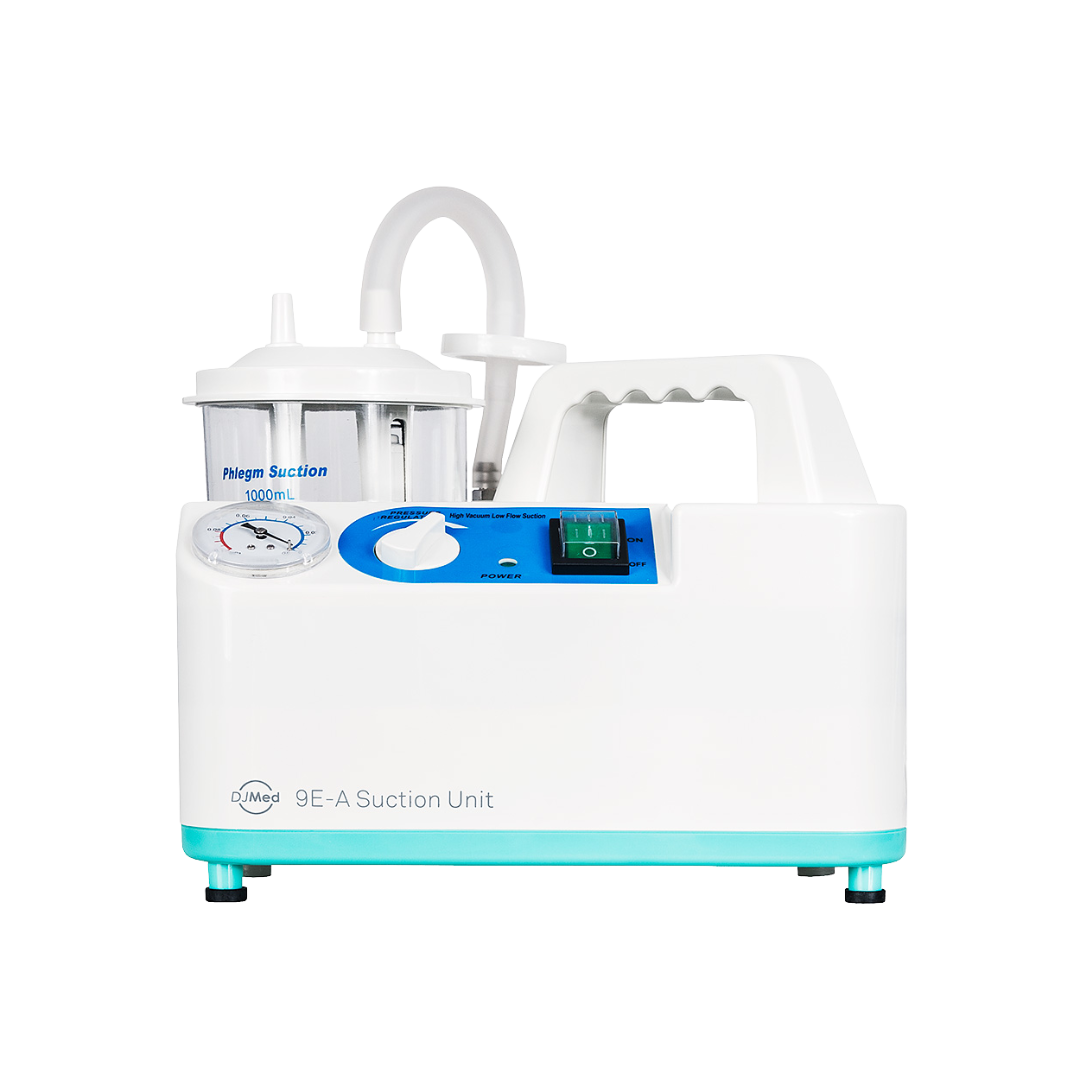
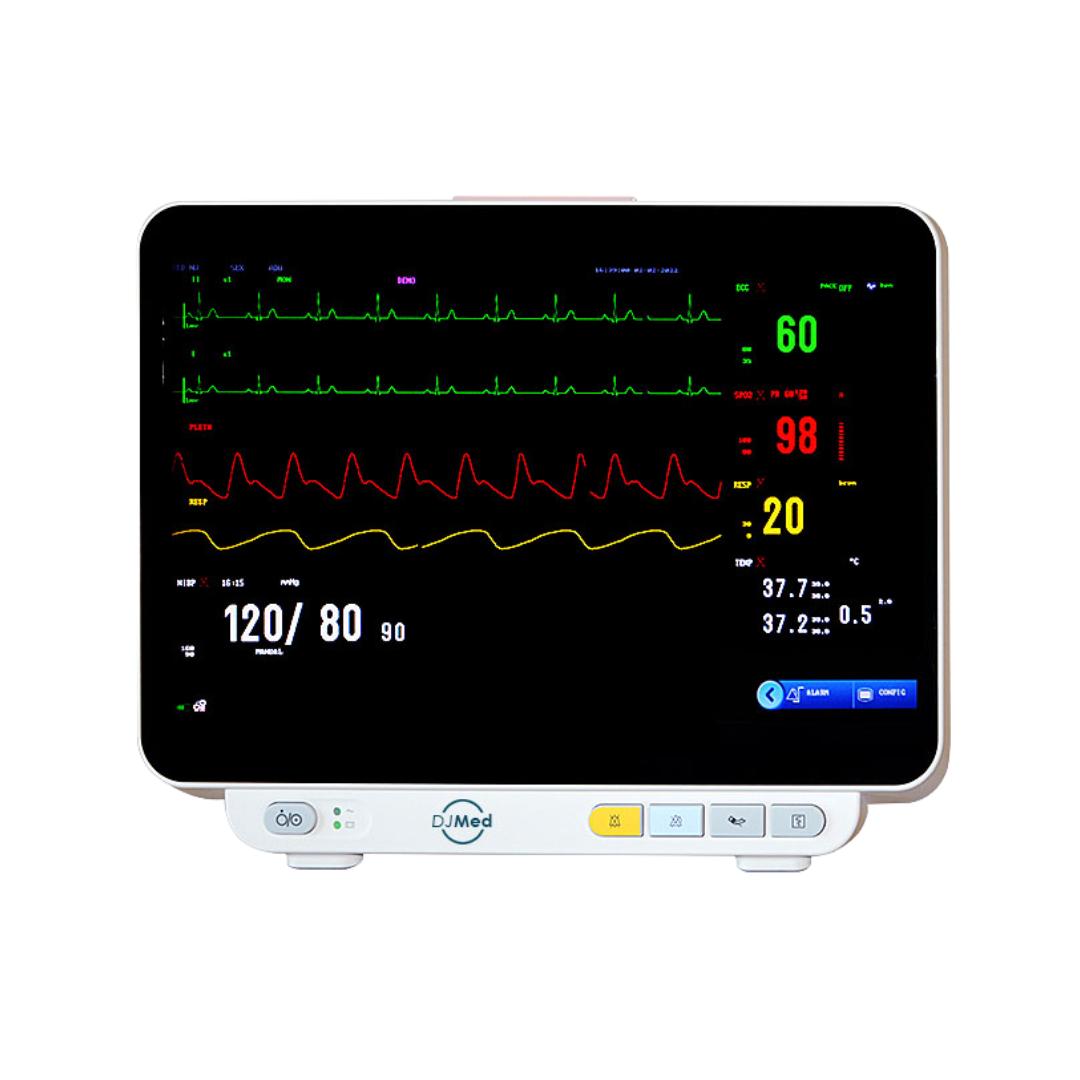
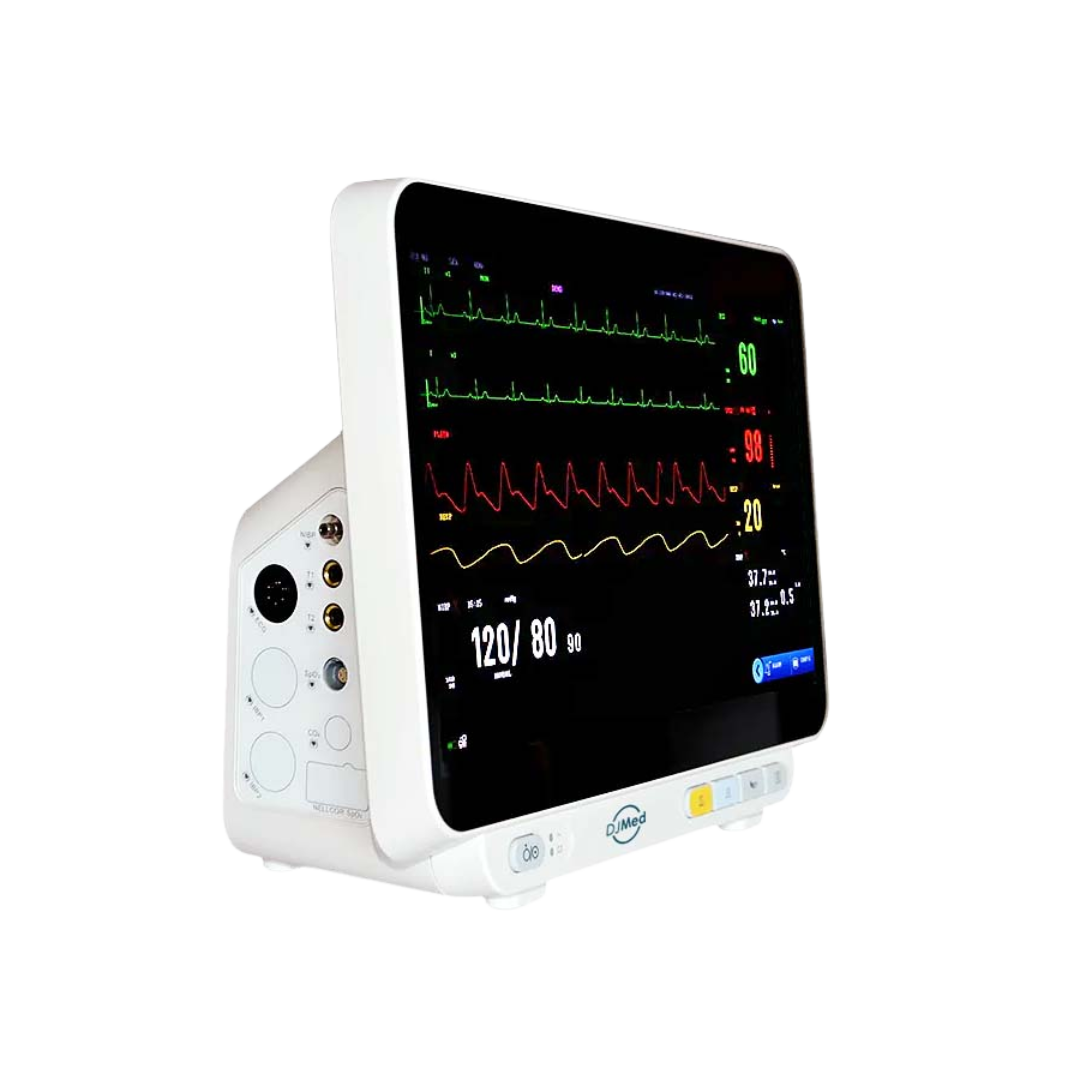
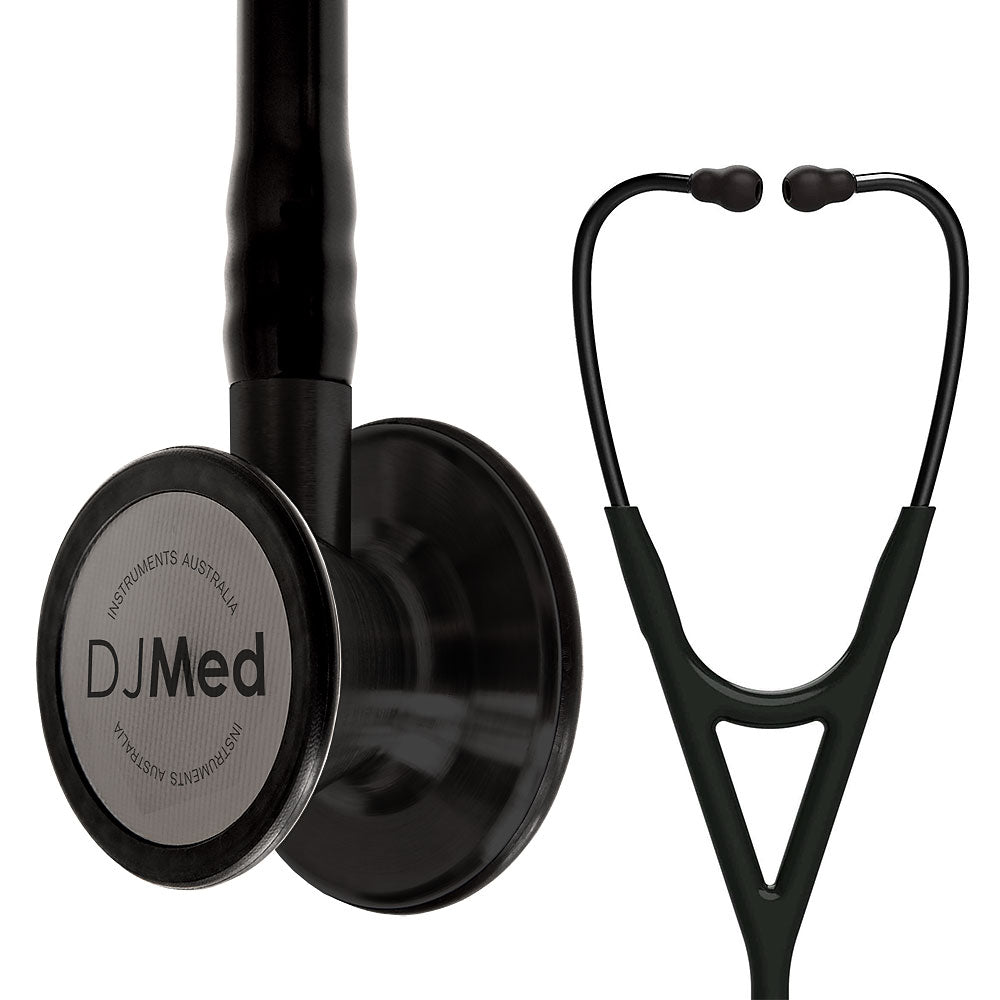
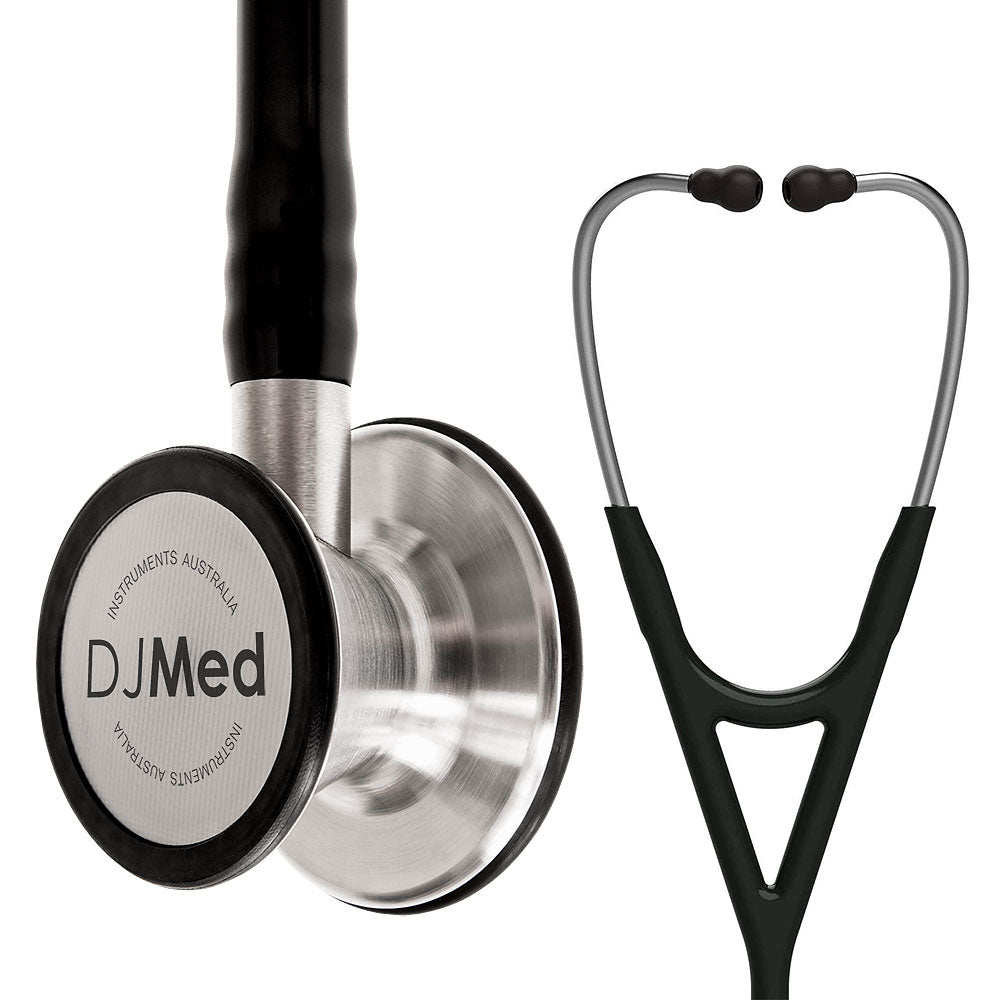
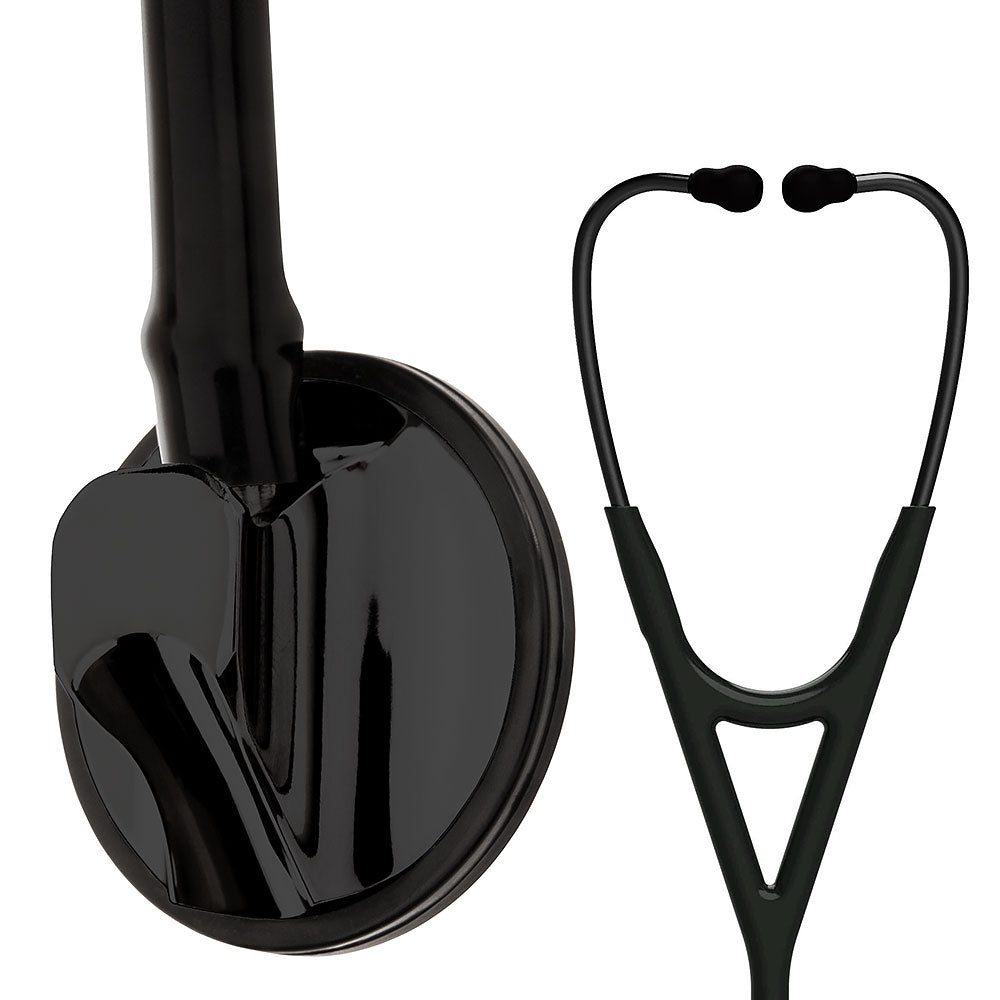
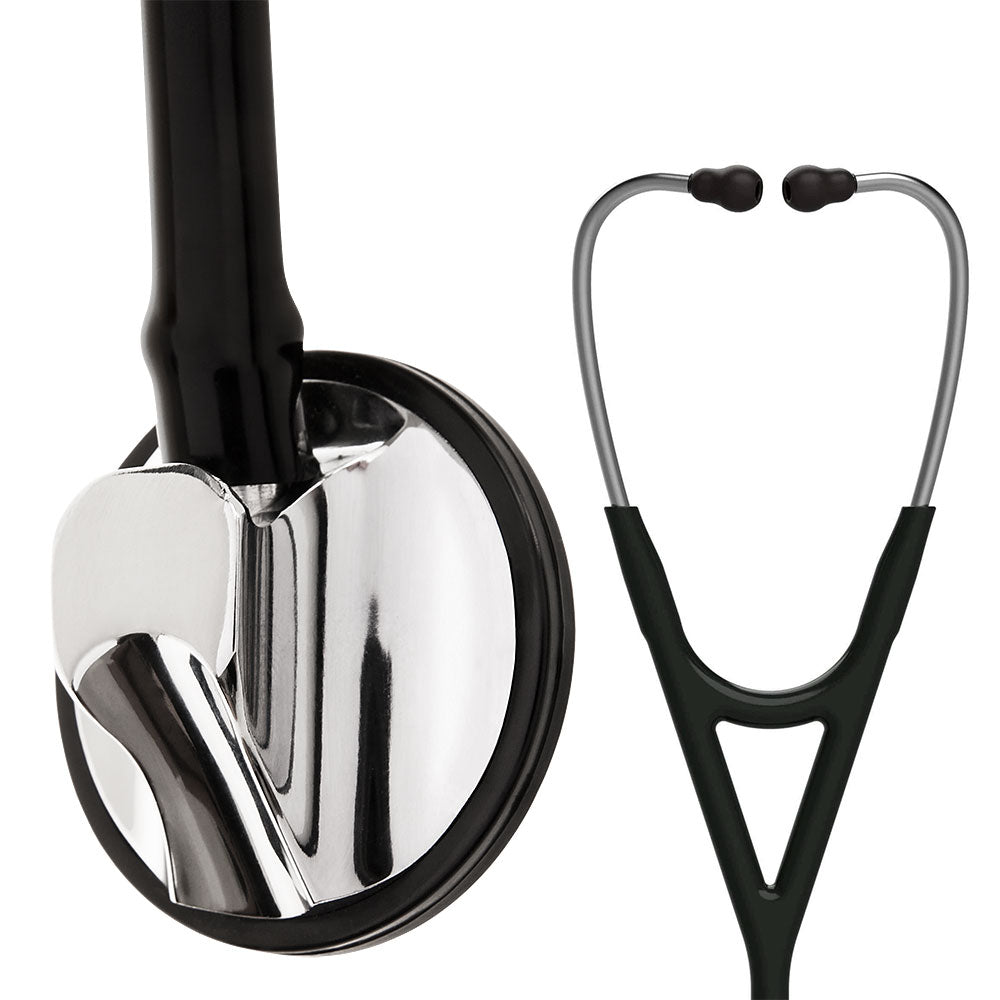
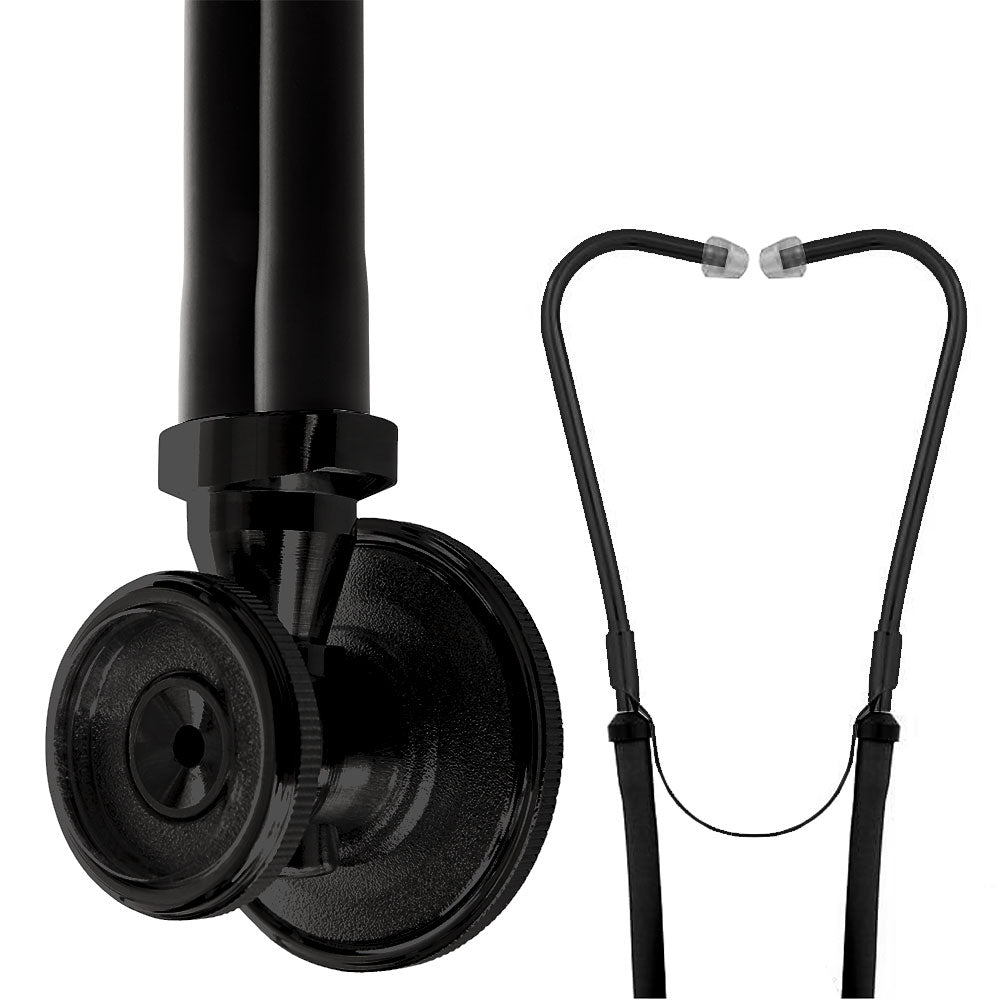
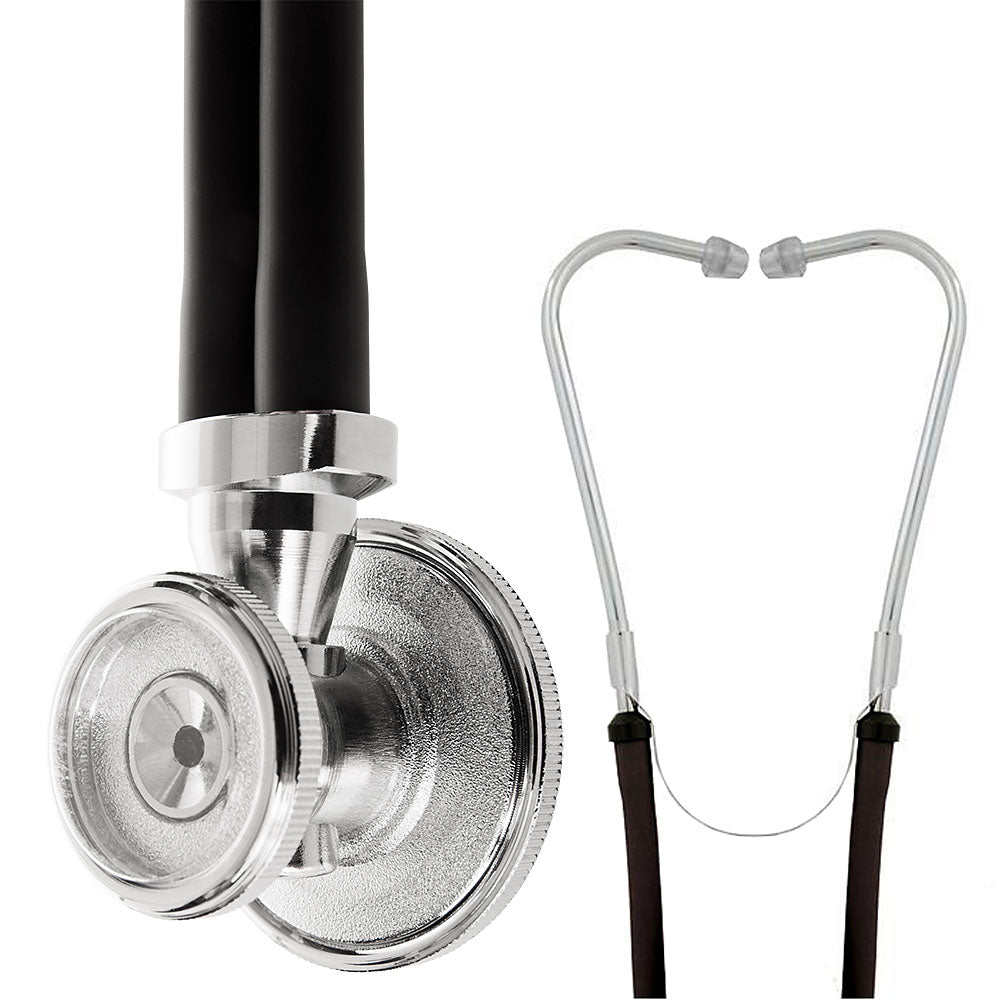
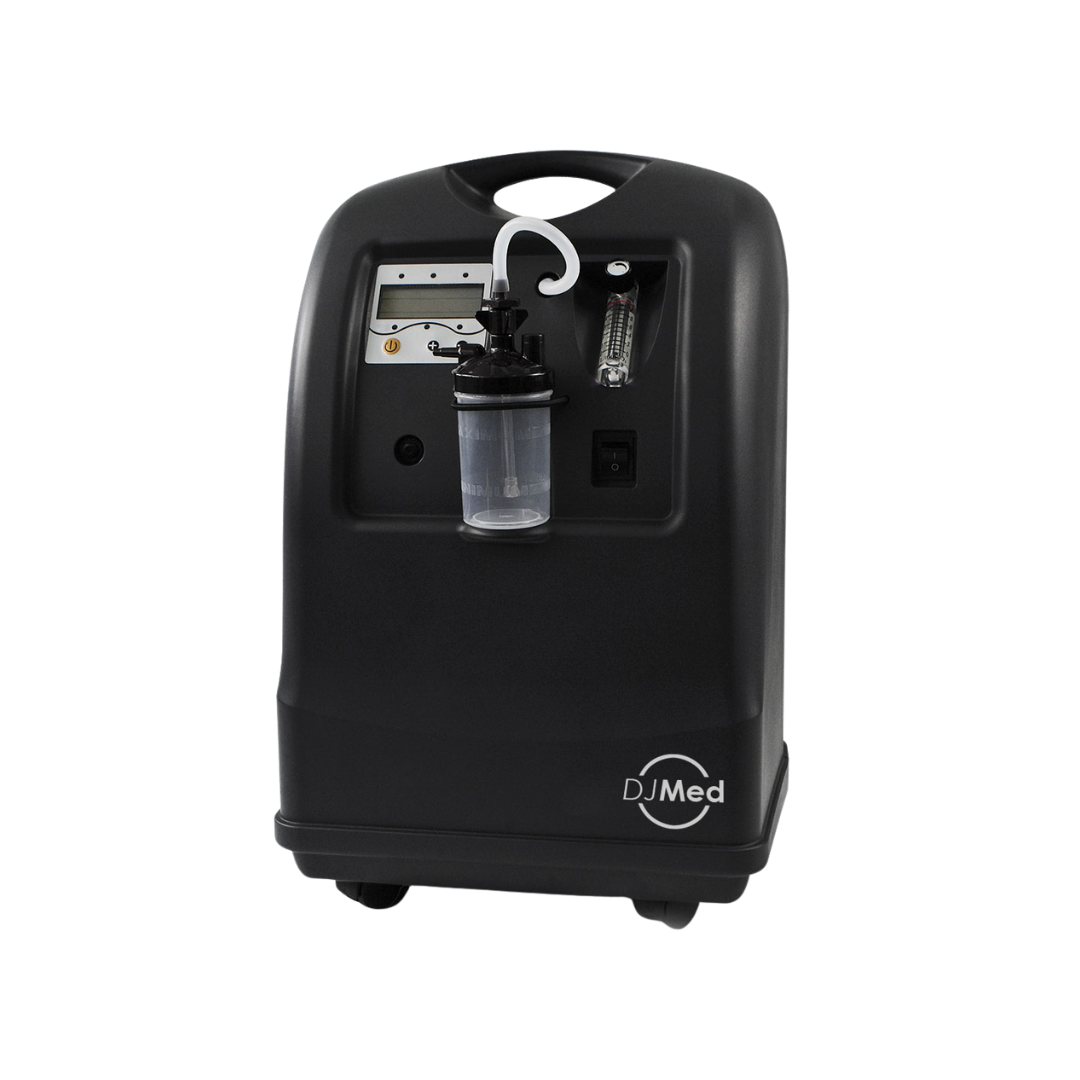
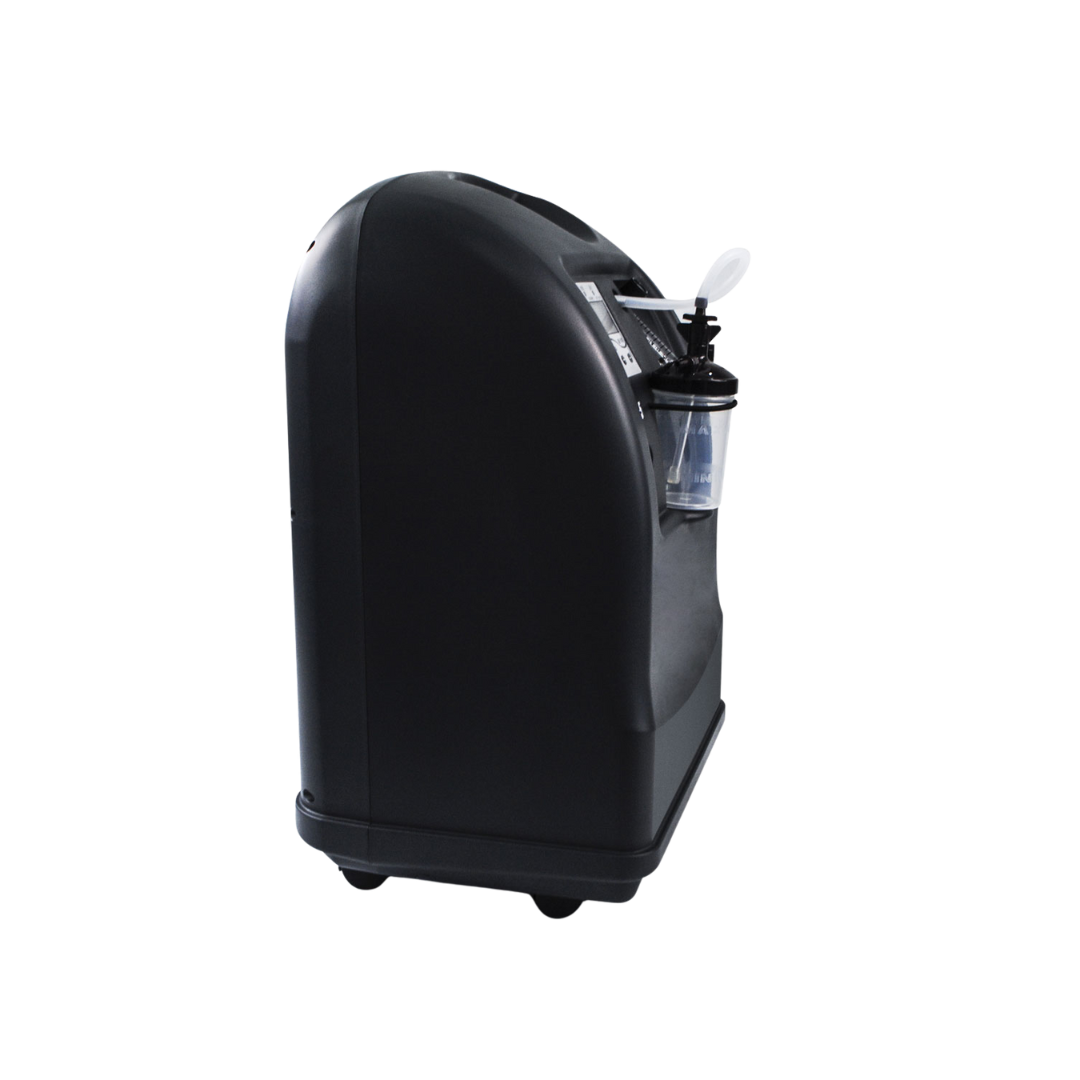
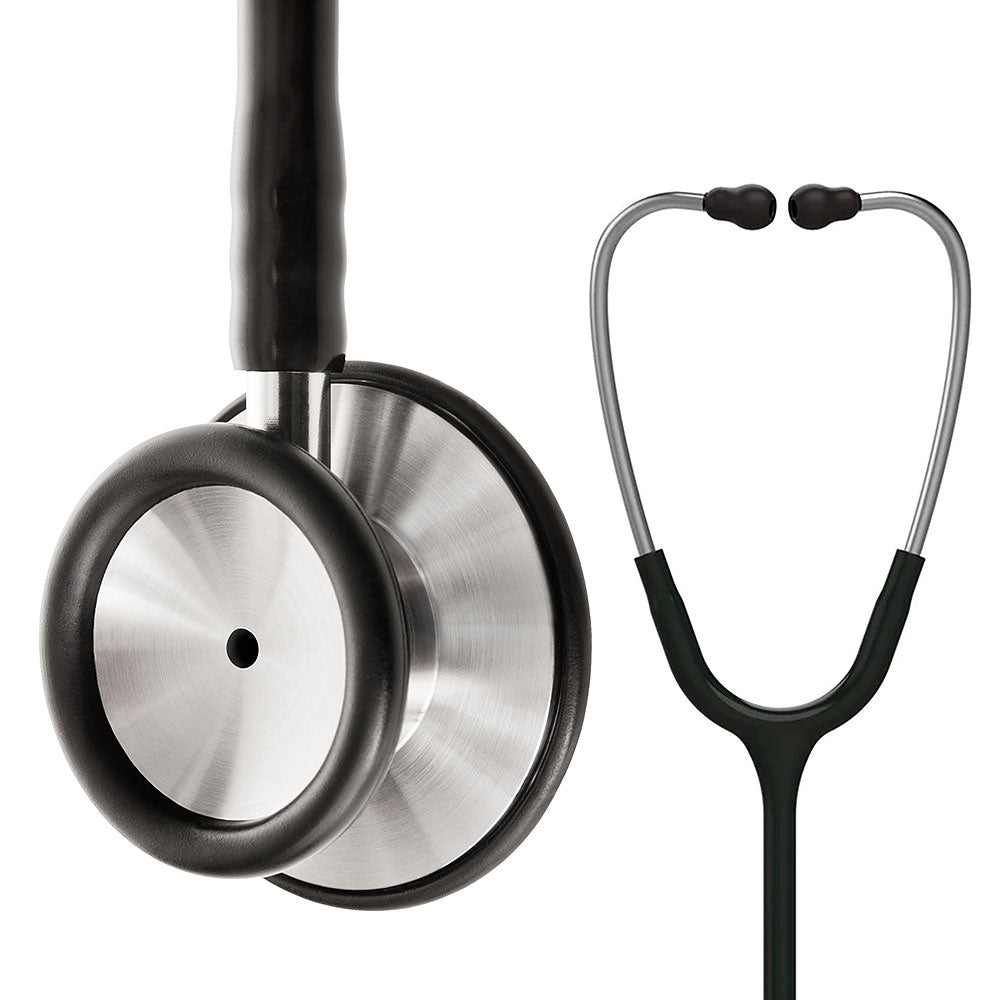
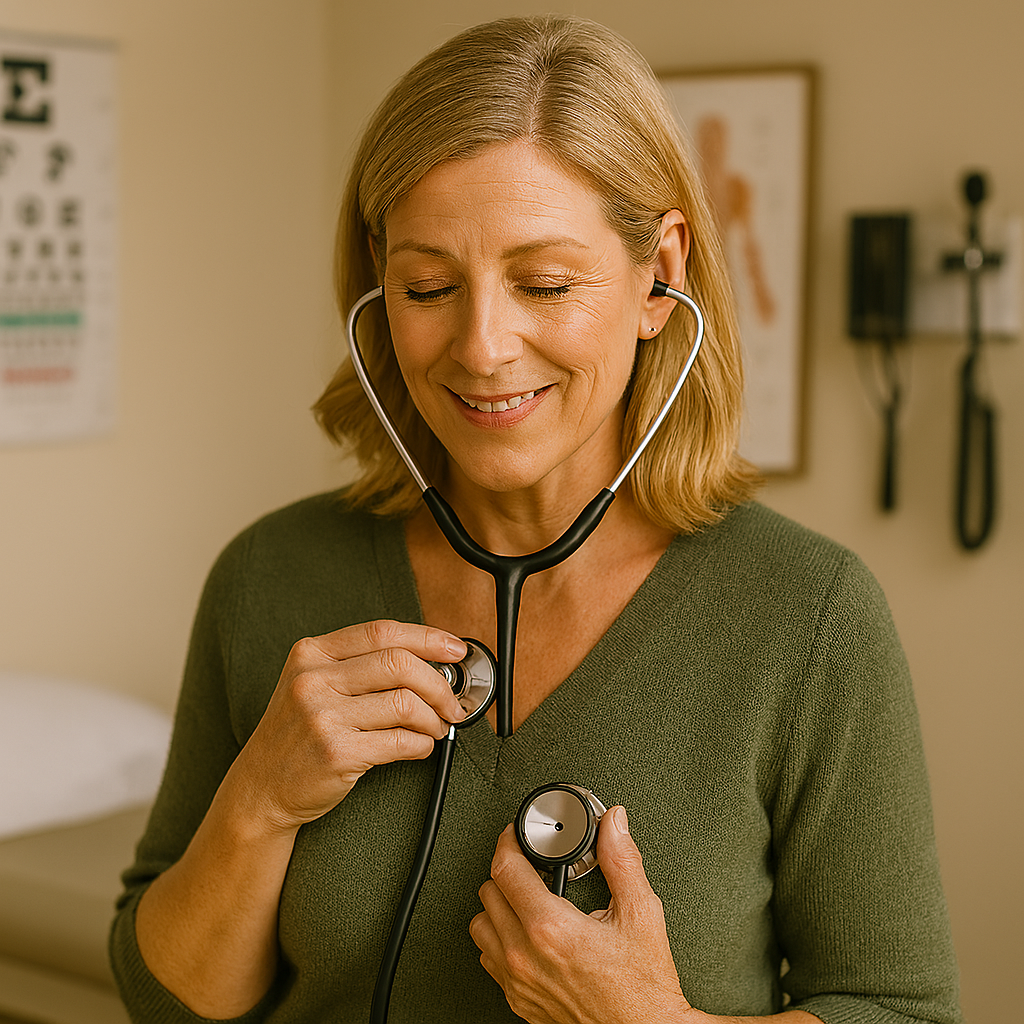
Recently viewed
FAQs
Medical devices are used to diagnose, monitor, treat, or manage health conditions, supporting care in homes, clinics, and aged care settings.
Yes. Medical devices must be approved by the TGA and listed on the Australian Register of Therapeutic Goods to ensure safety and performance.
Many medical devices are specifically designed for home use, including monitors, oxygen concentrators, and medical alert systems.
Some medical devices may be funded through NDIS if they support a participant’s disability-related needs and meet plan requirements.
